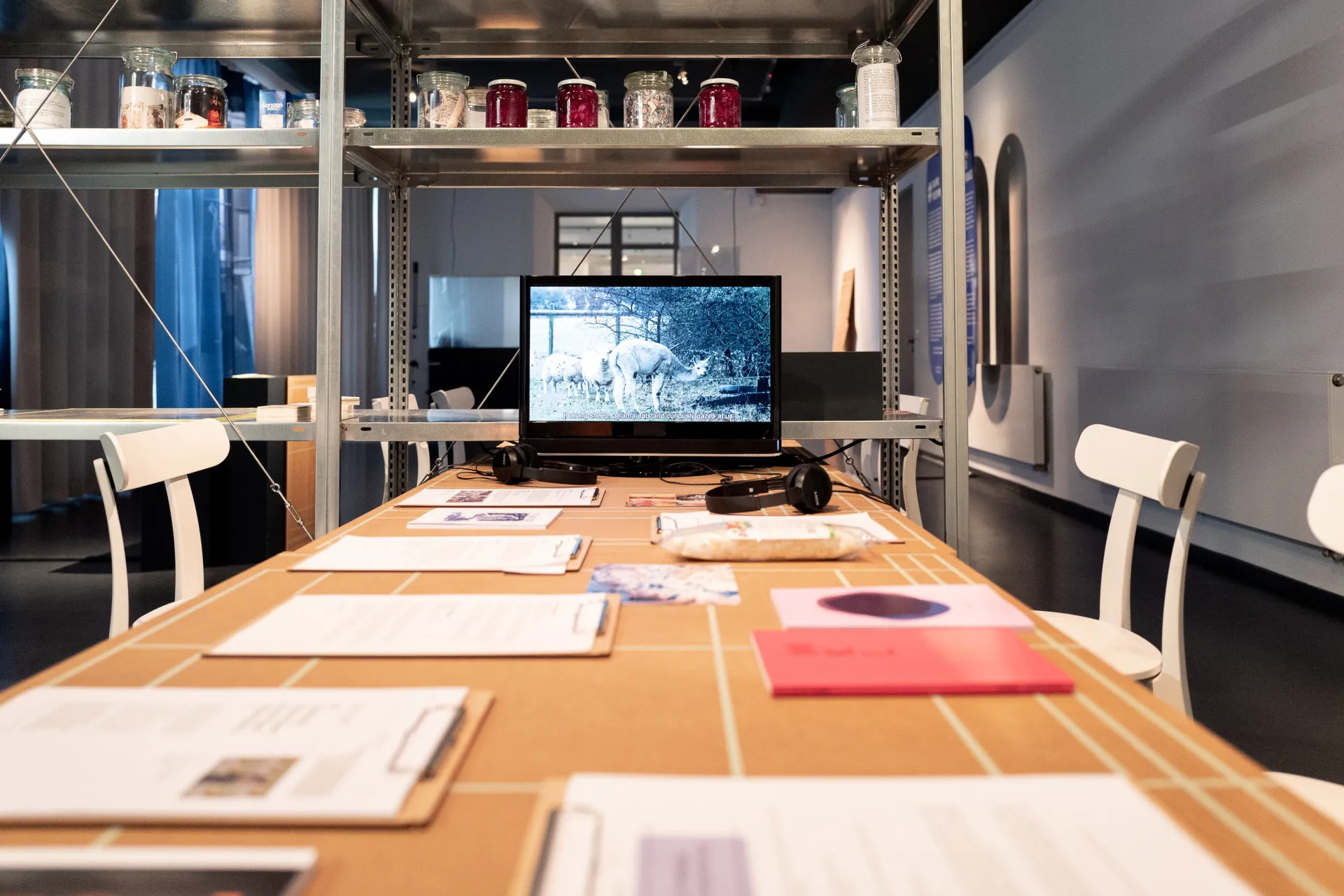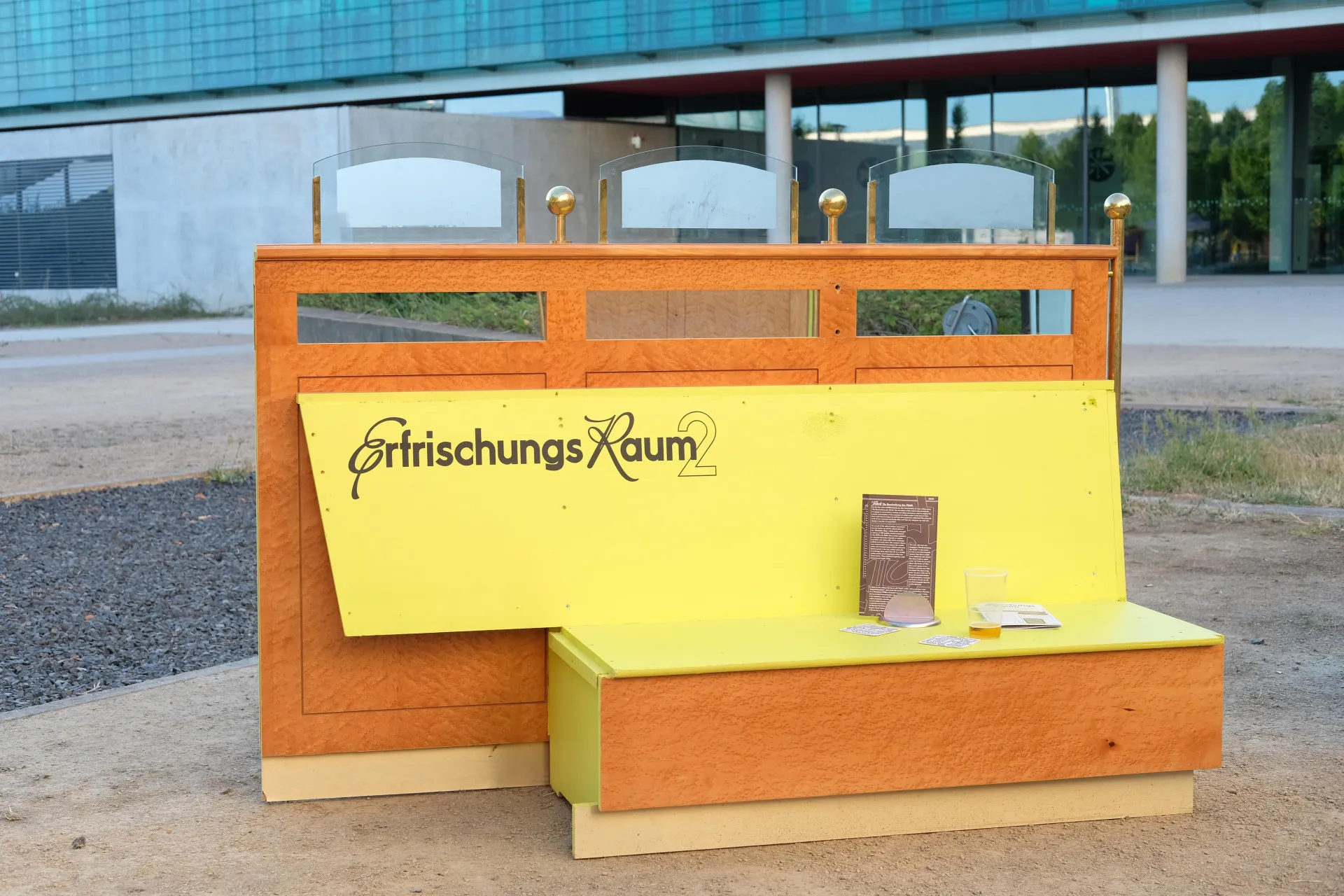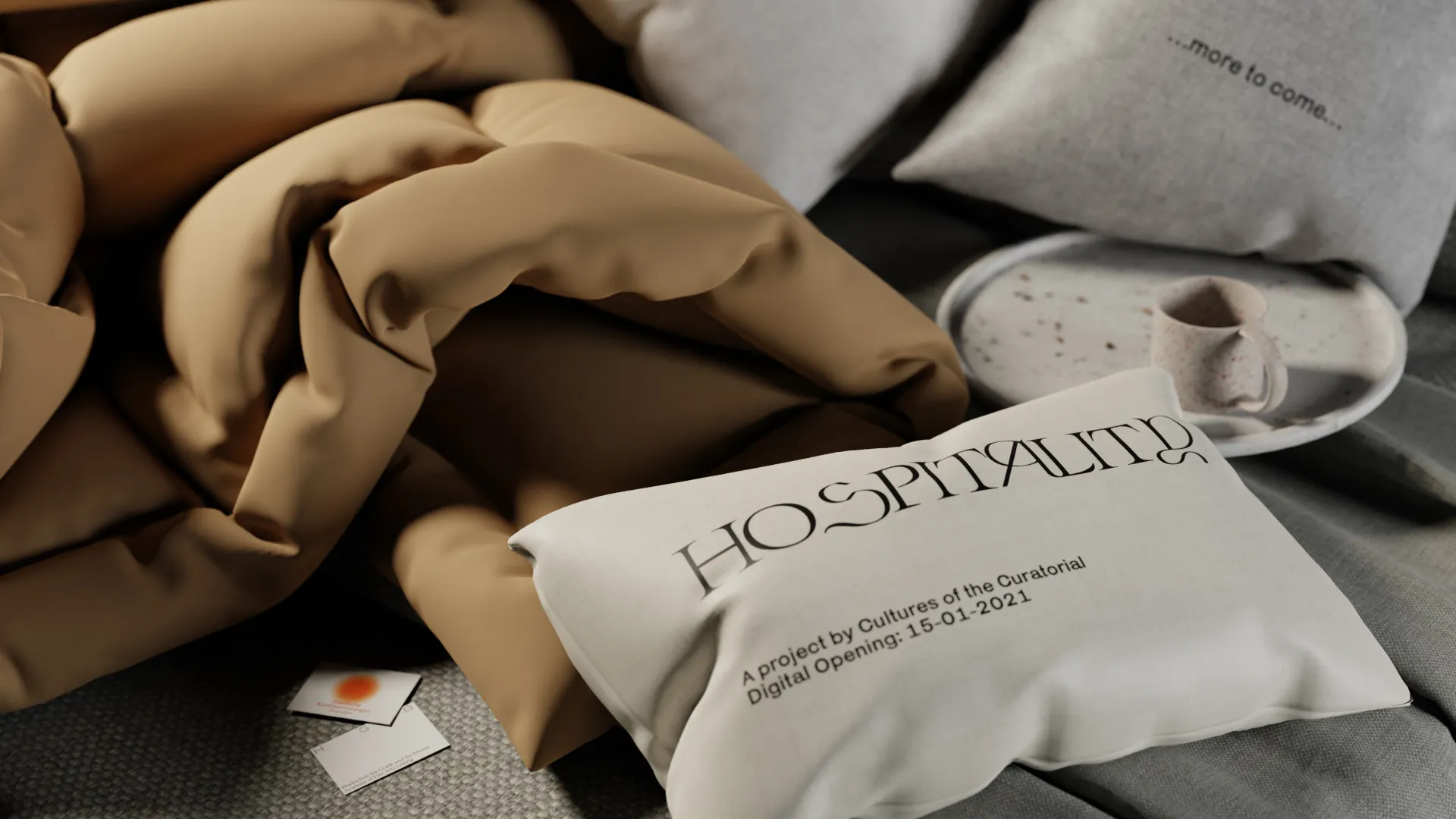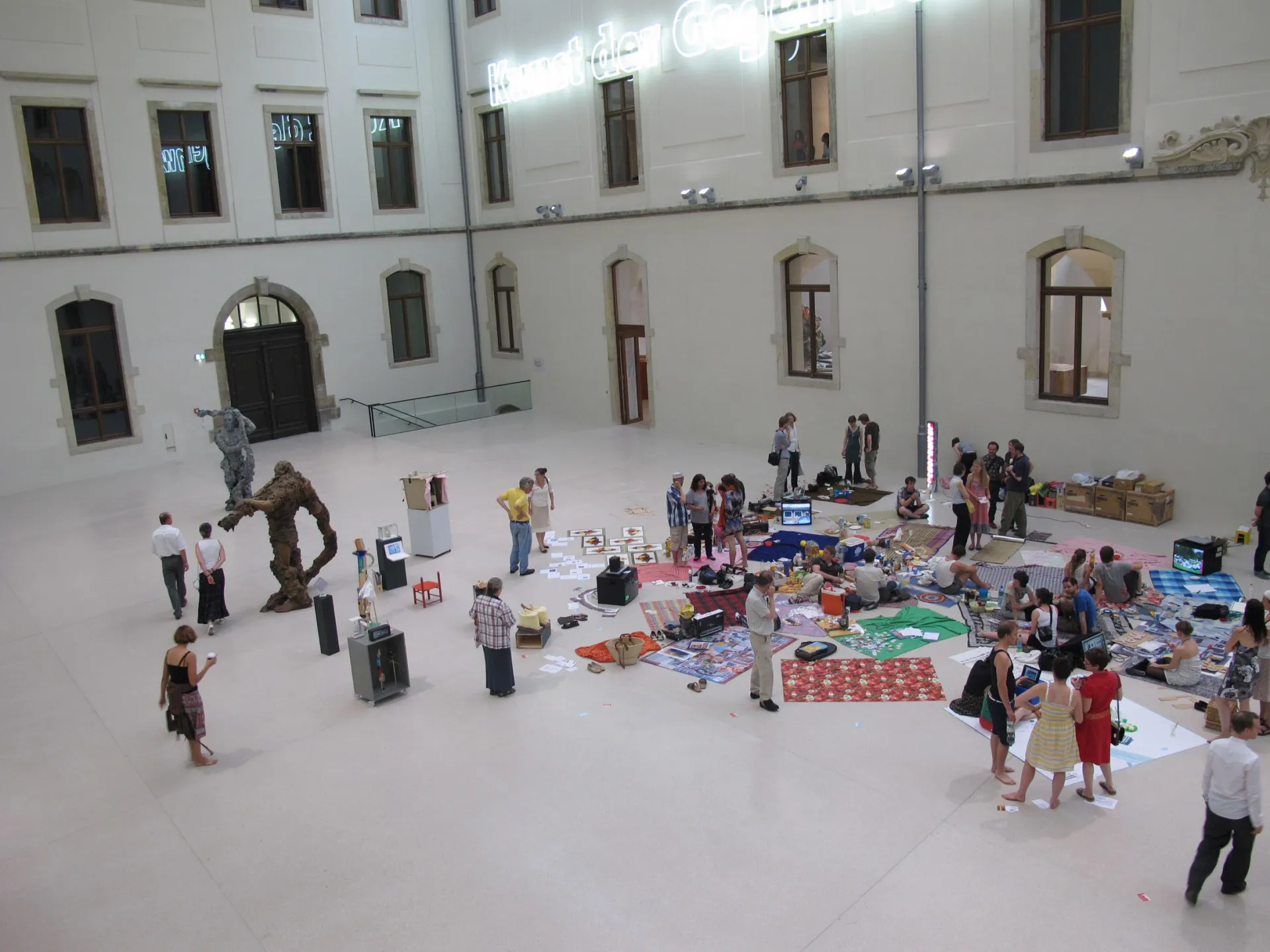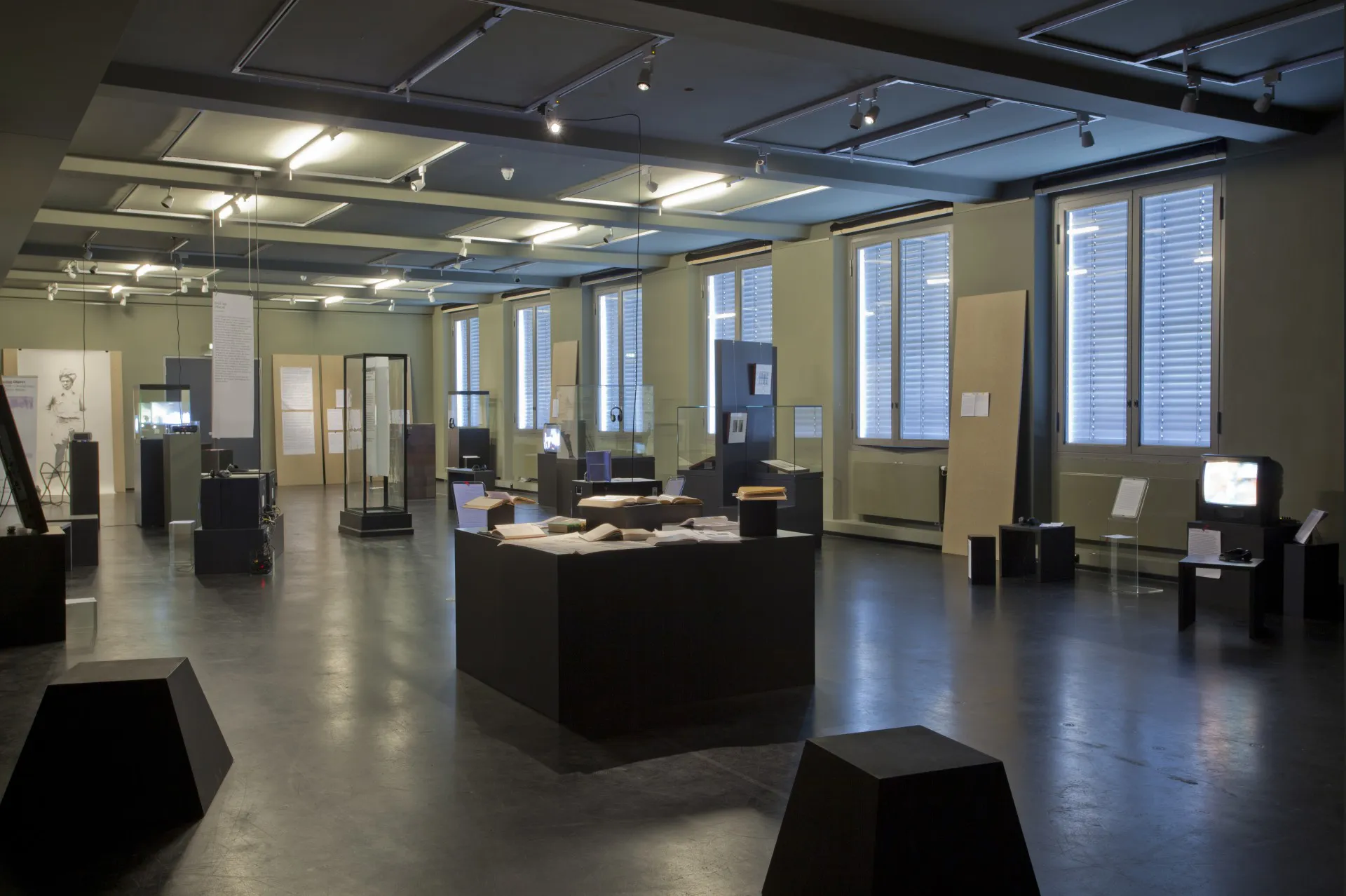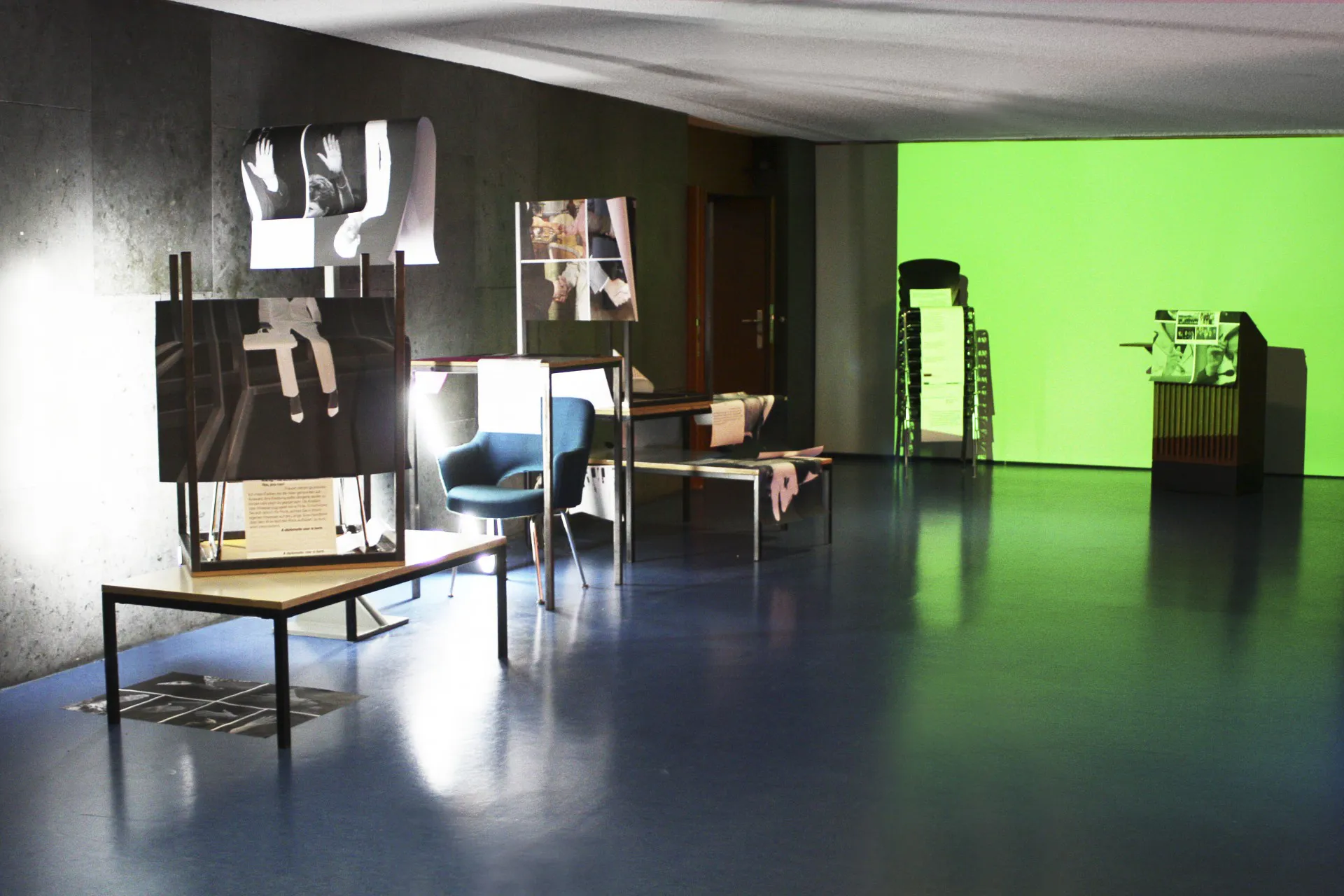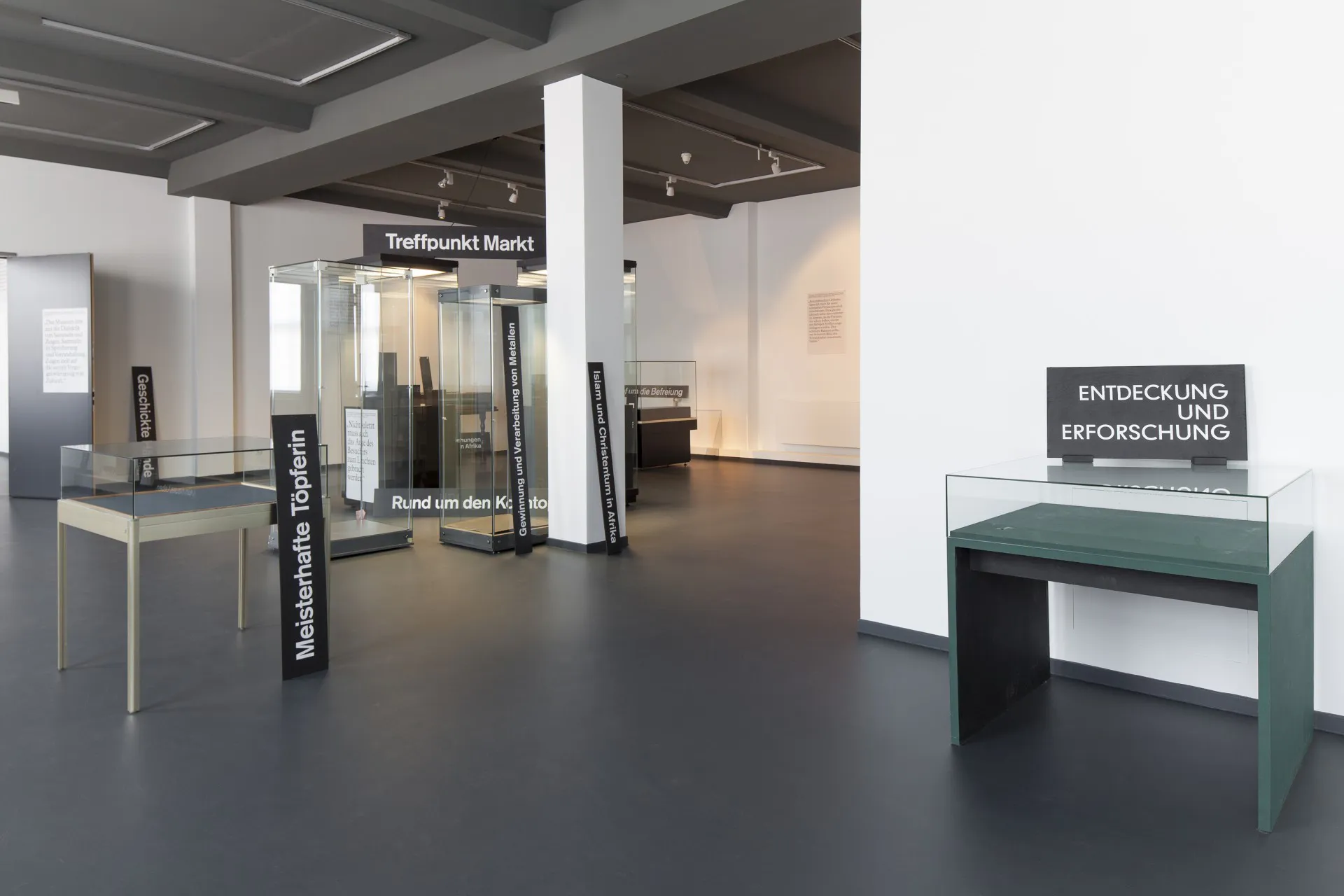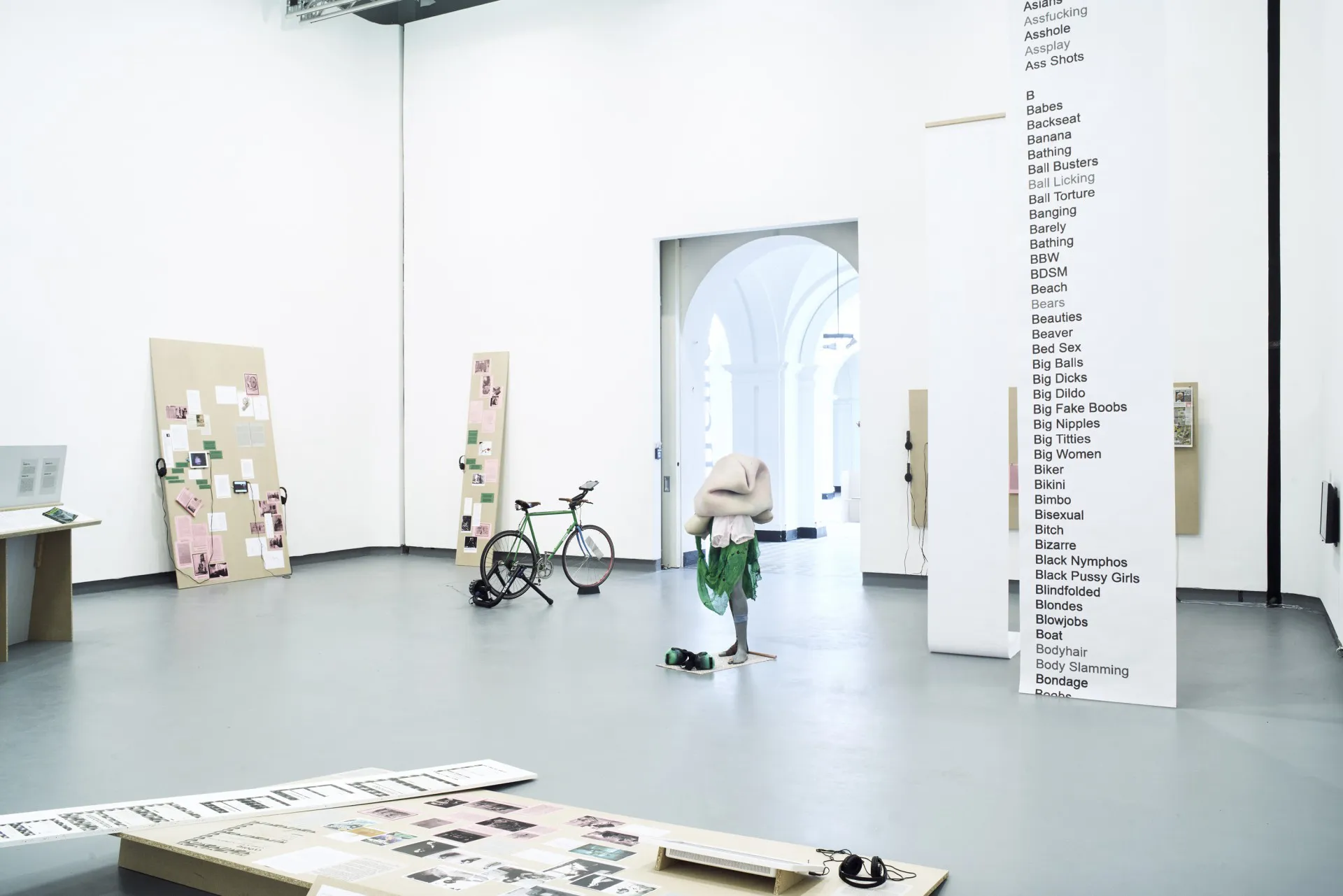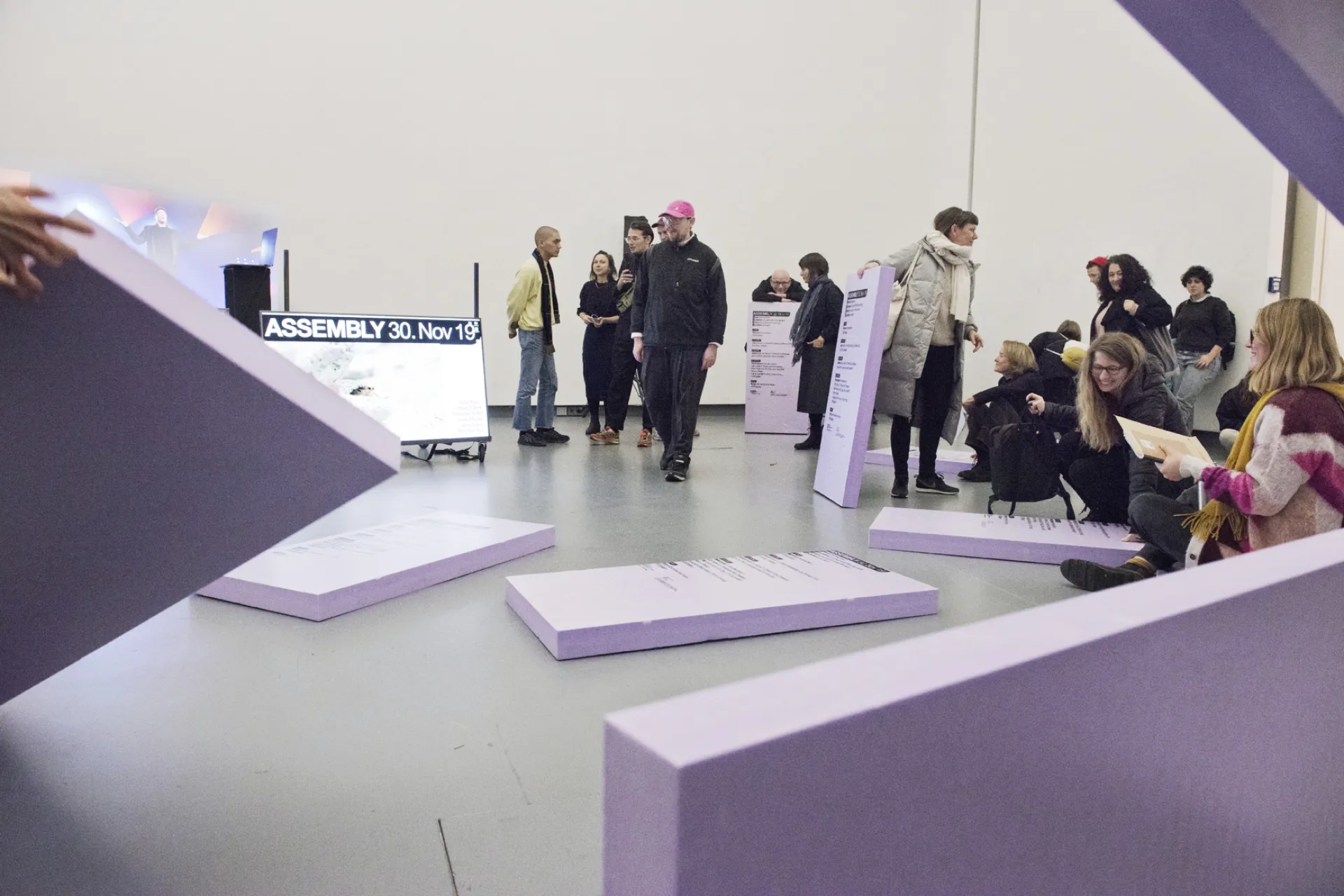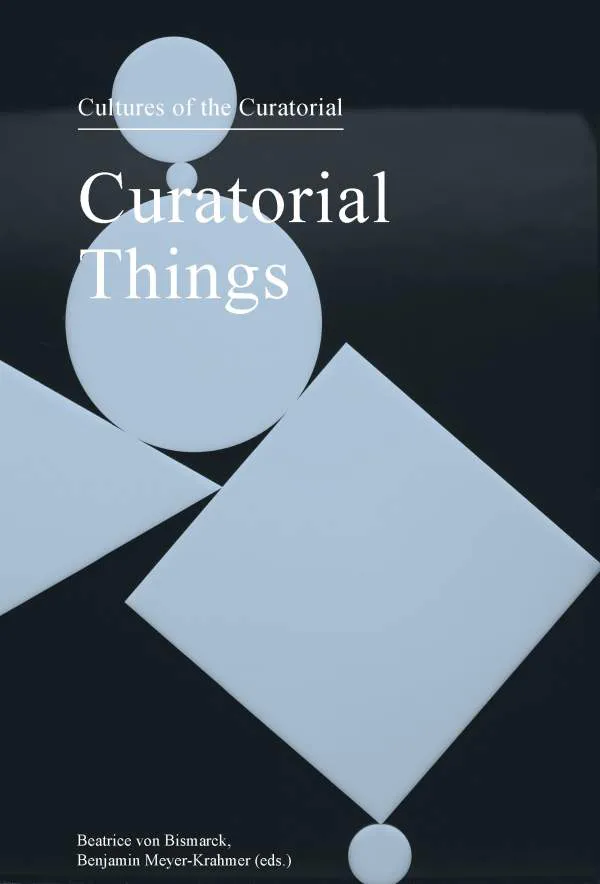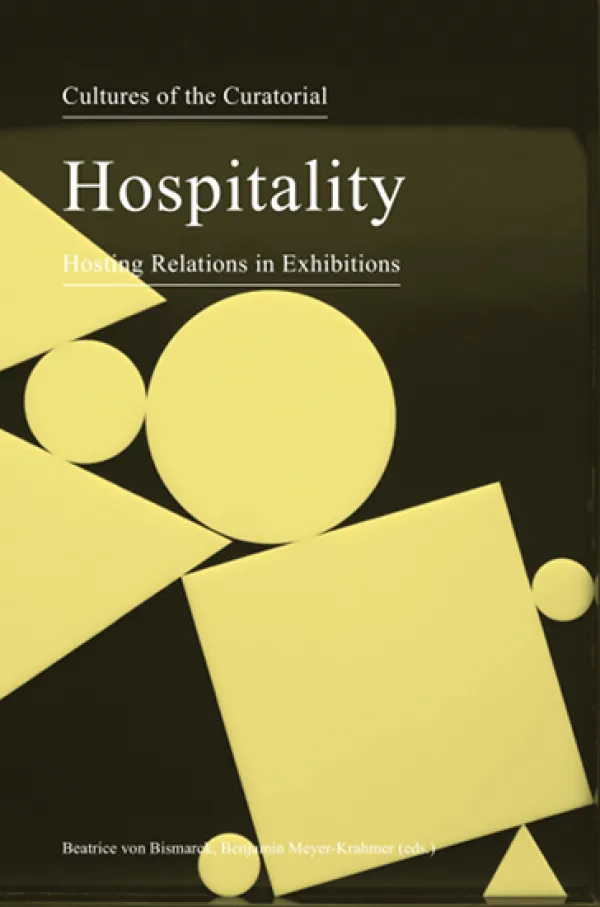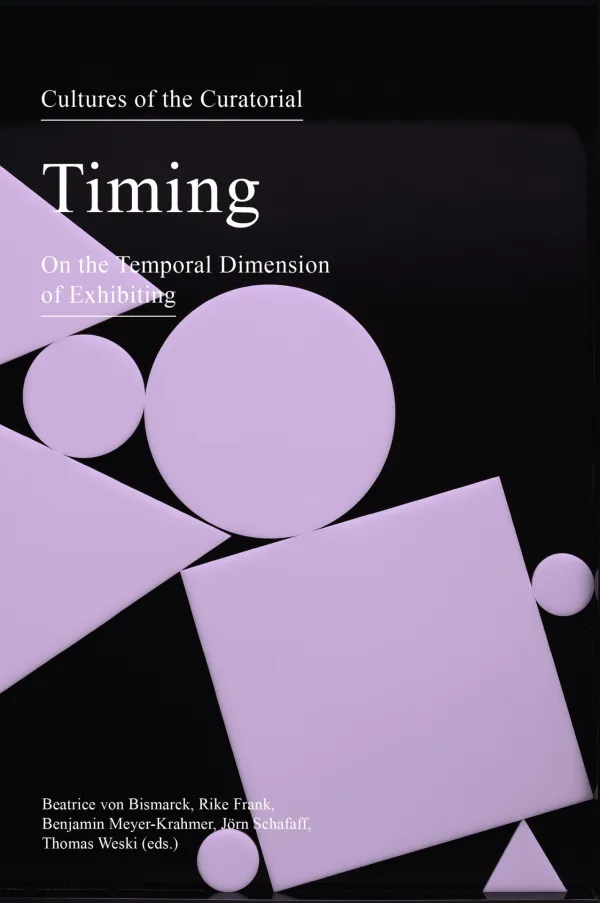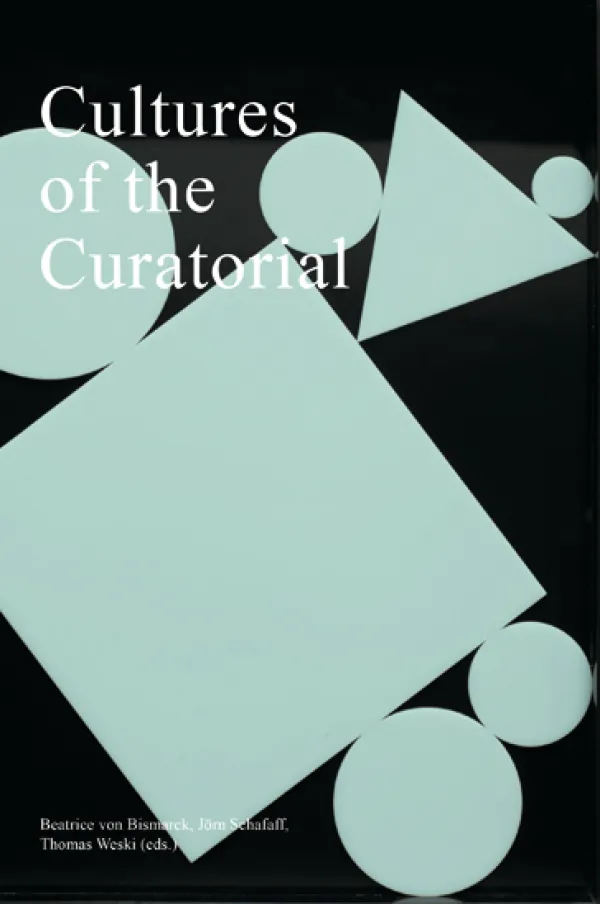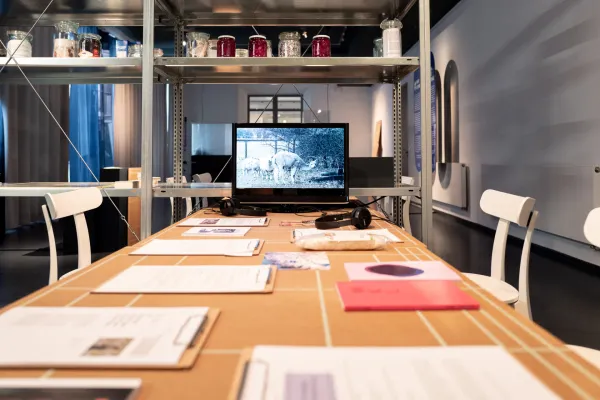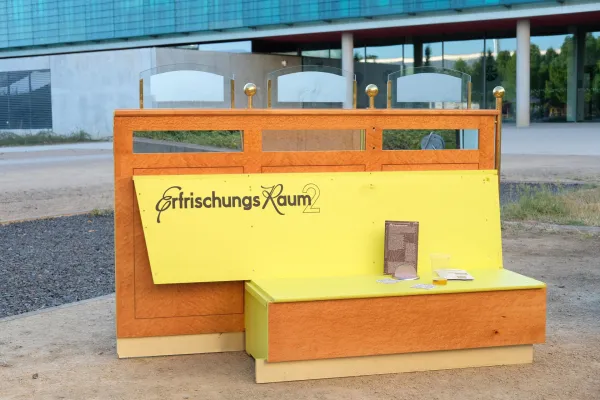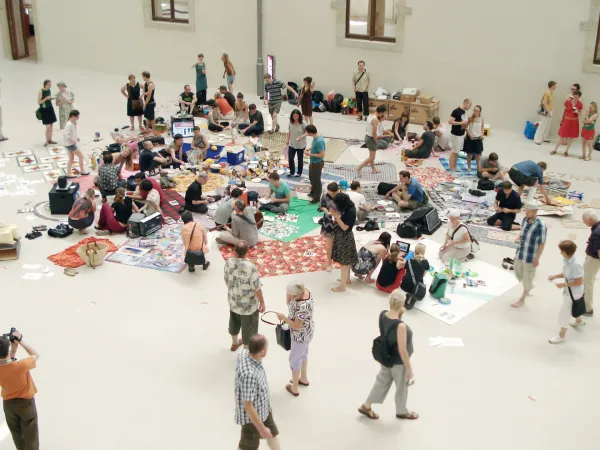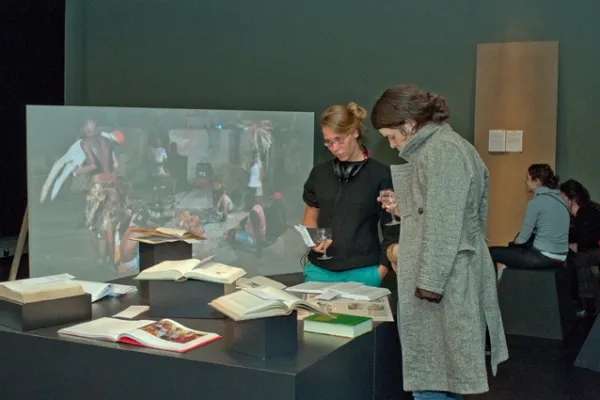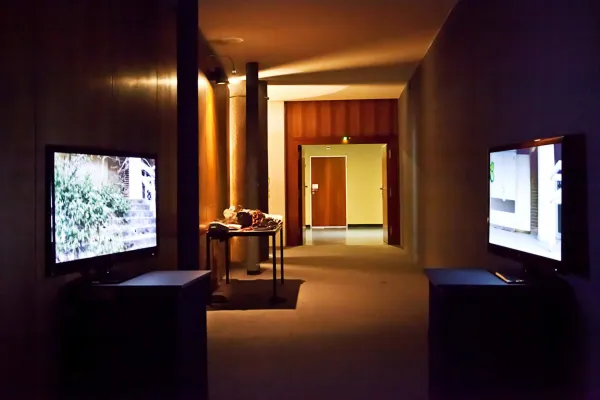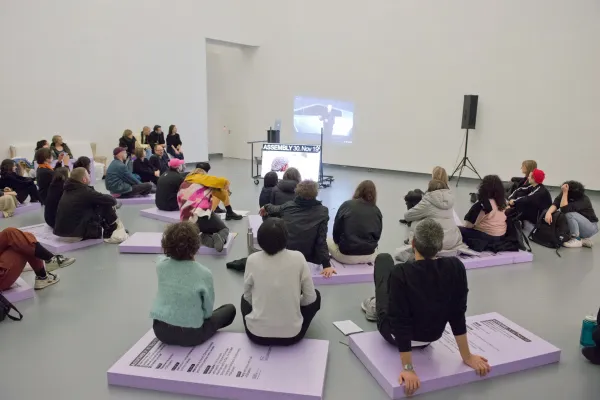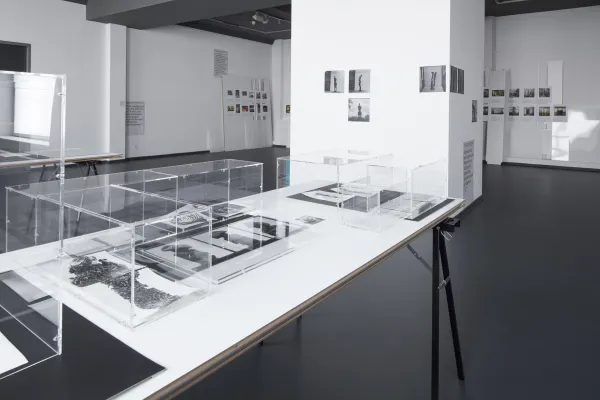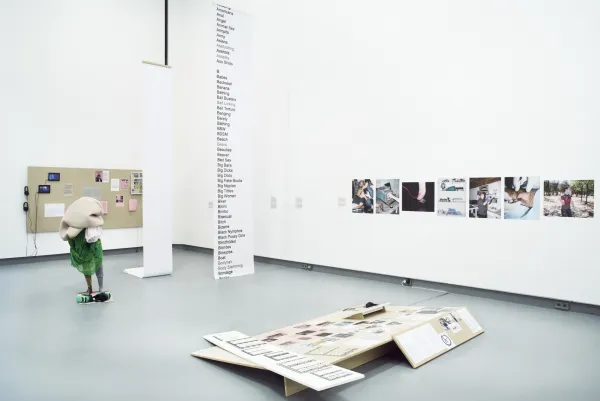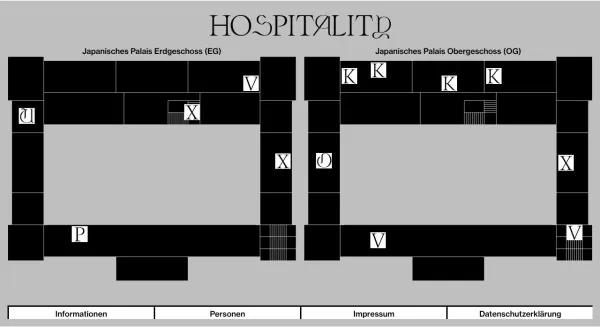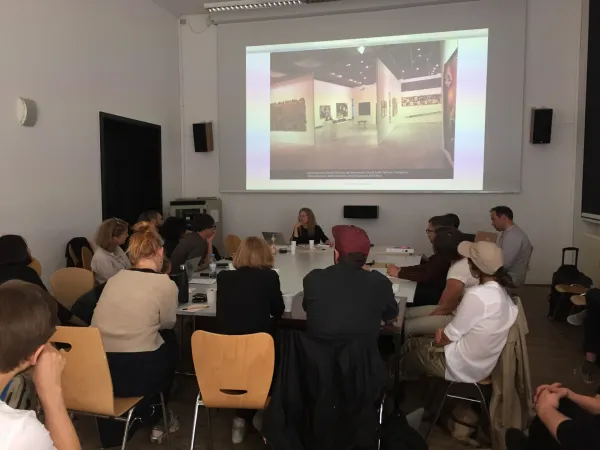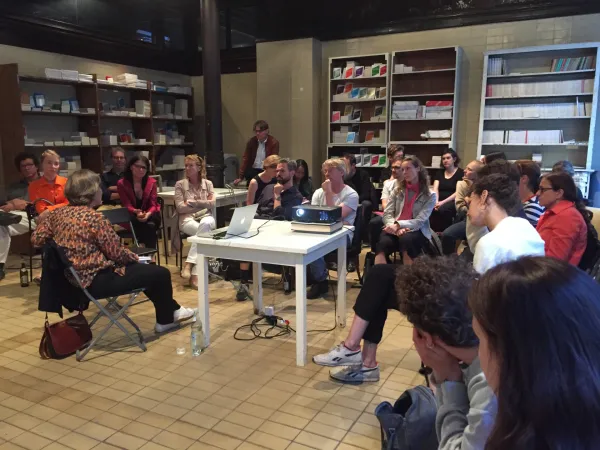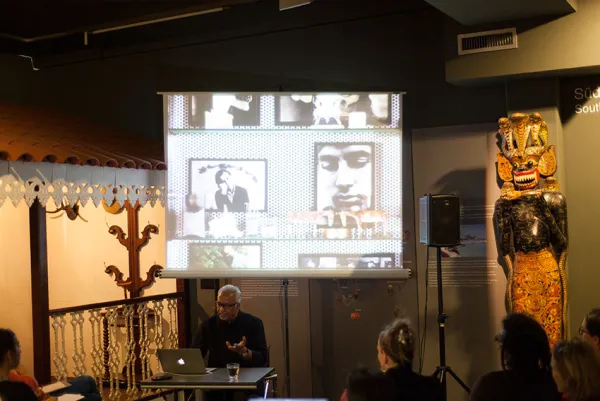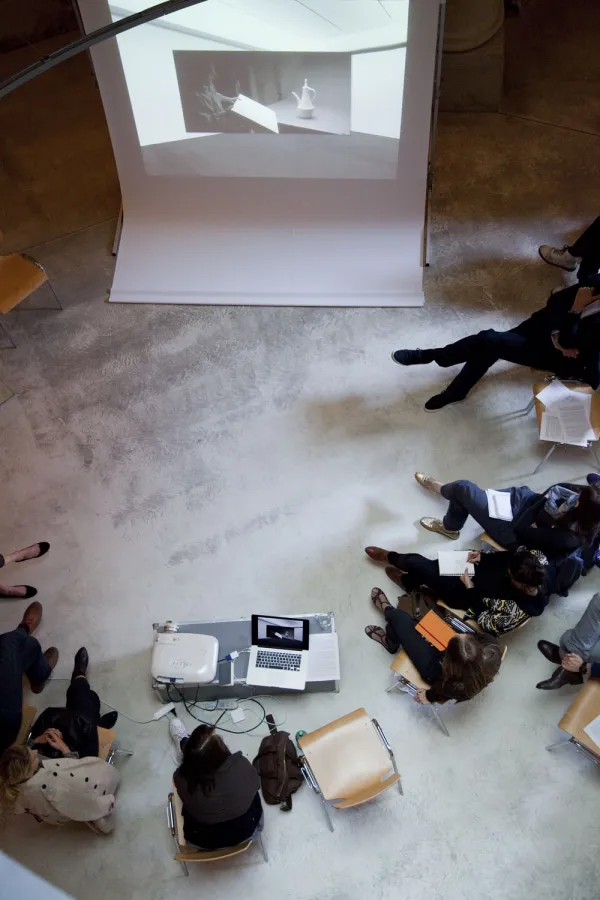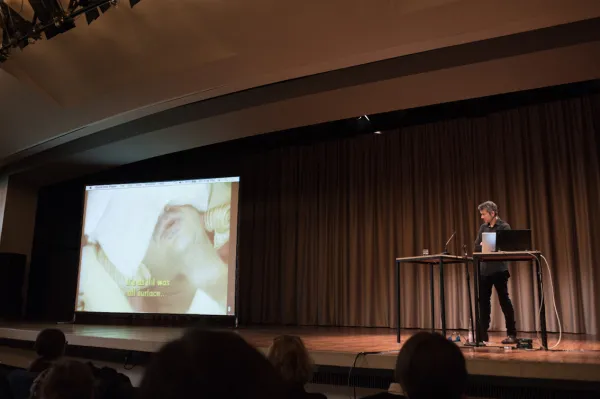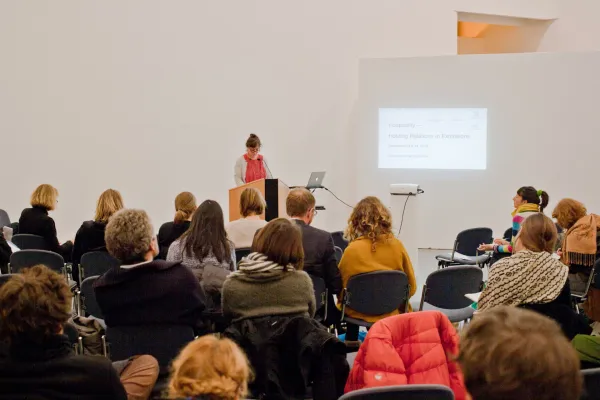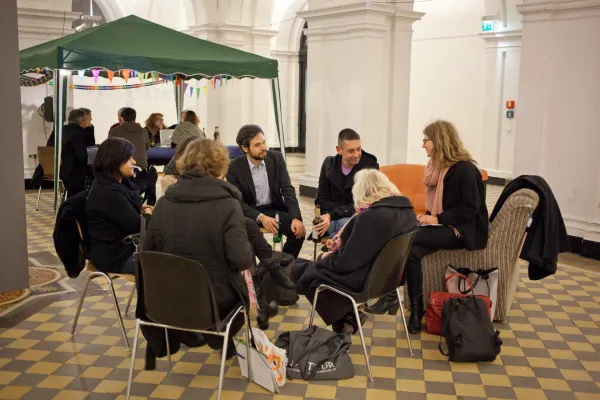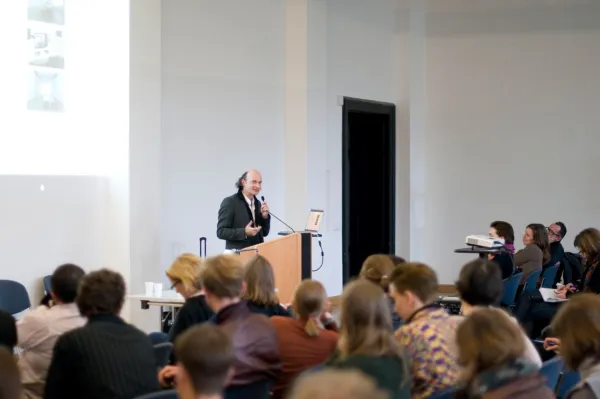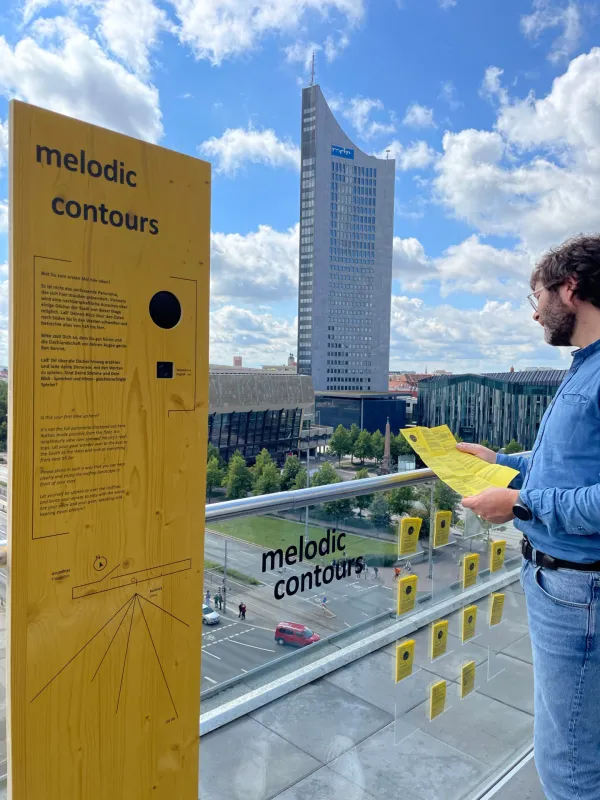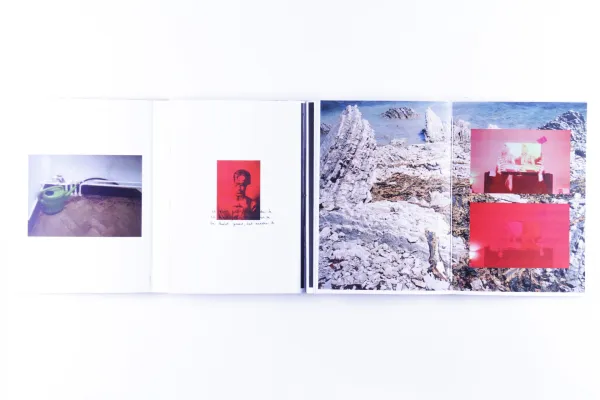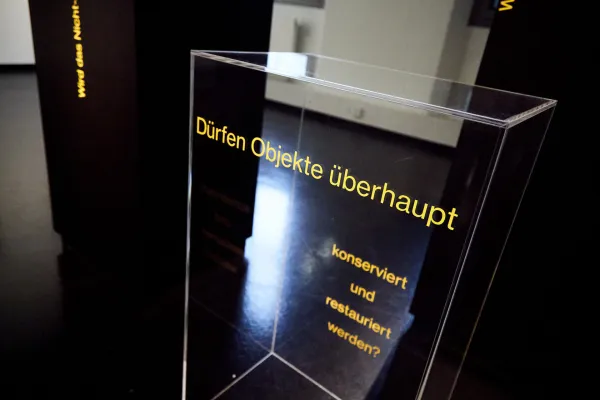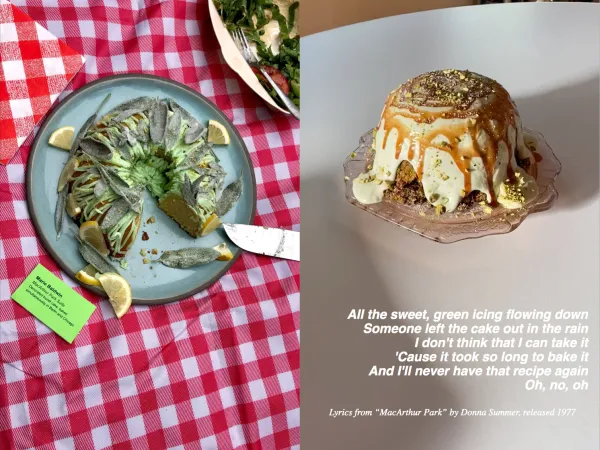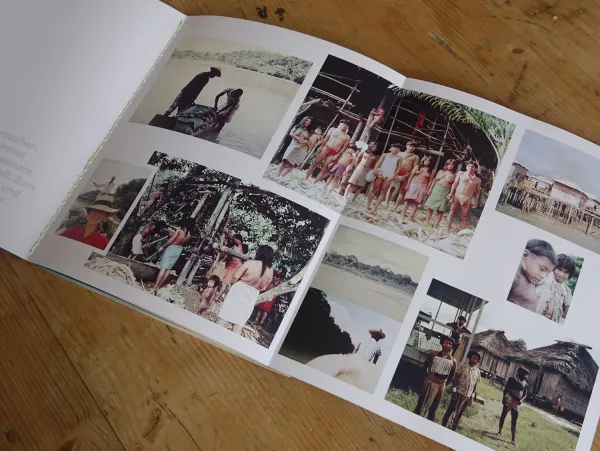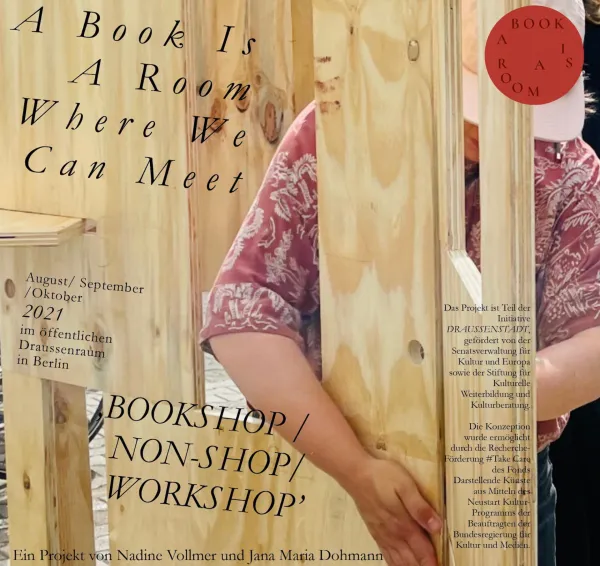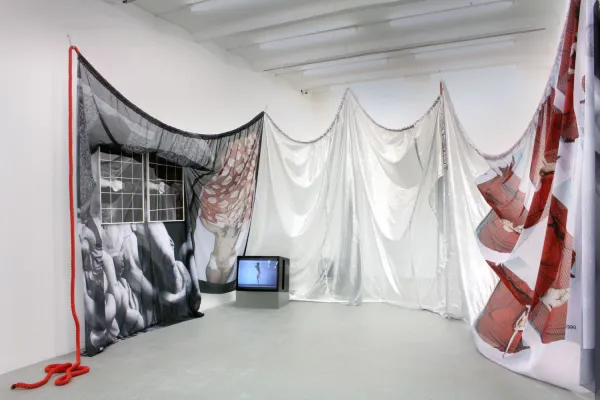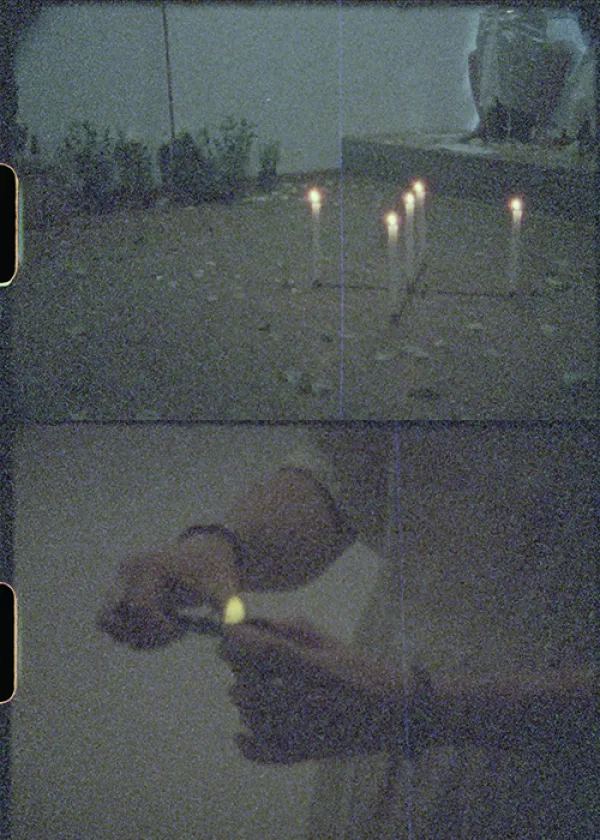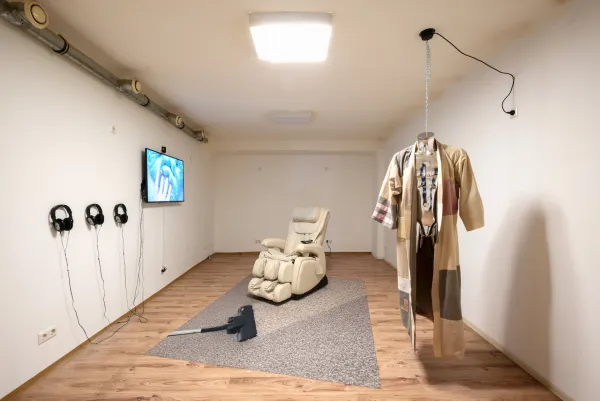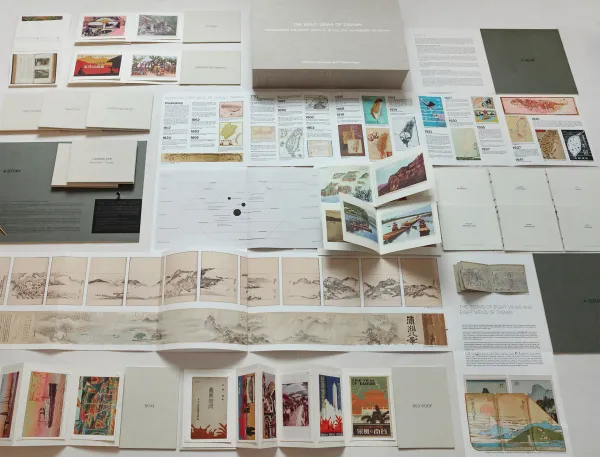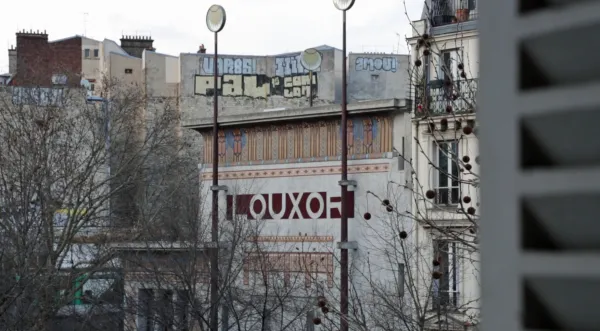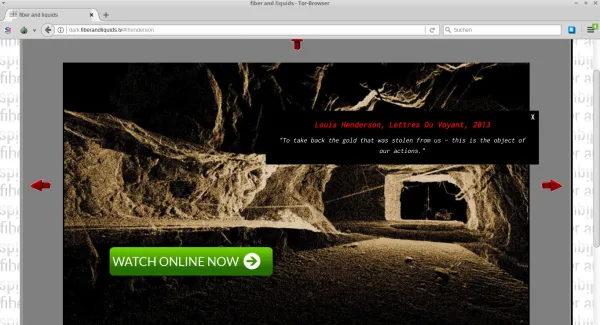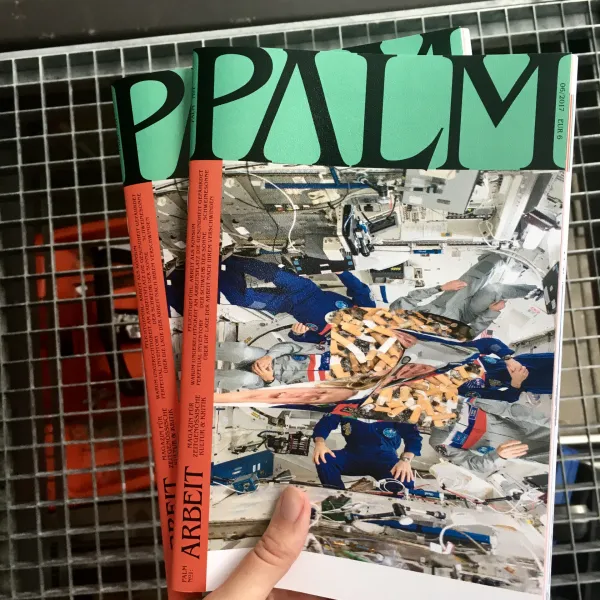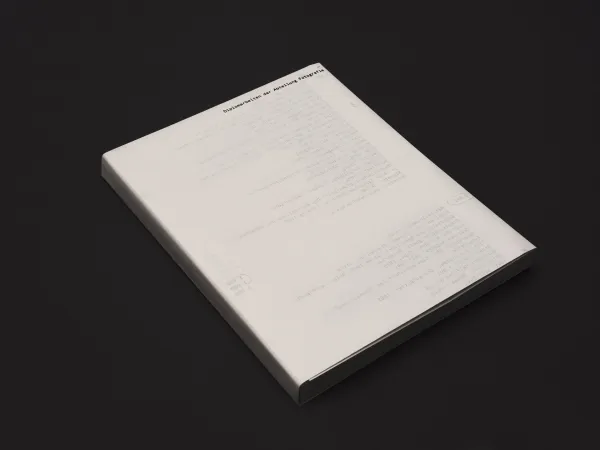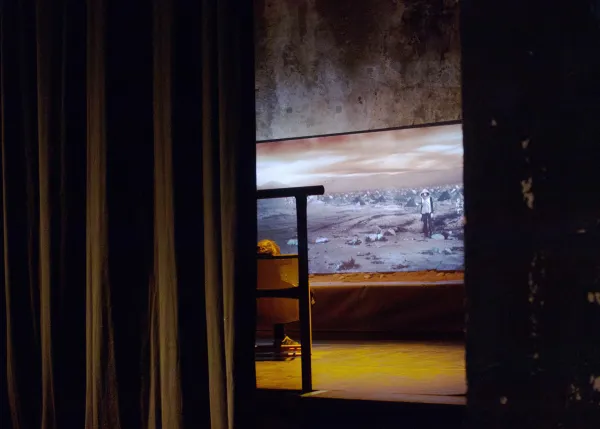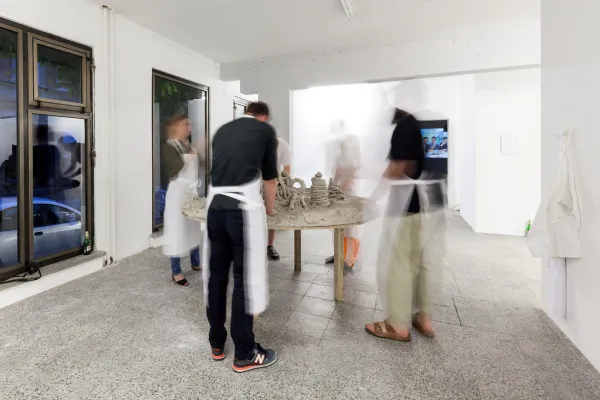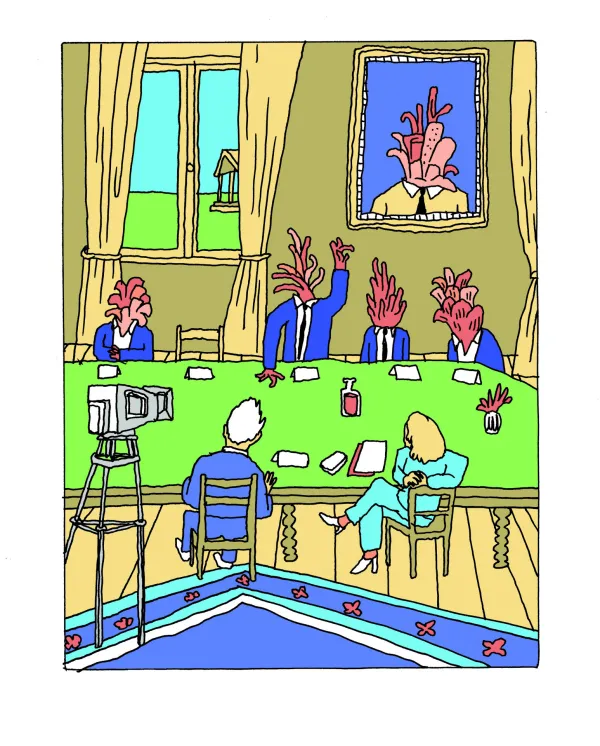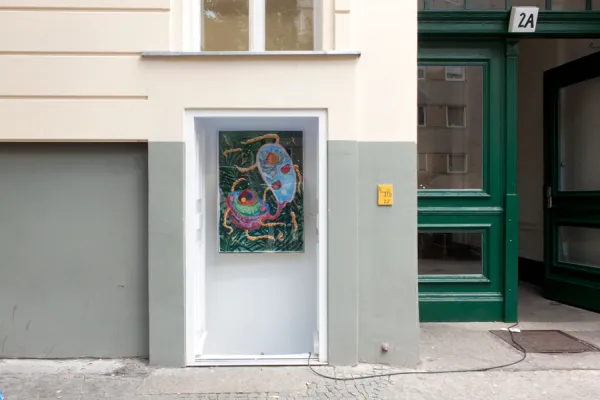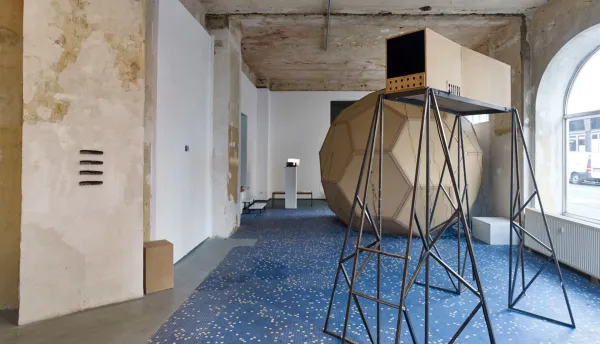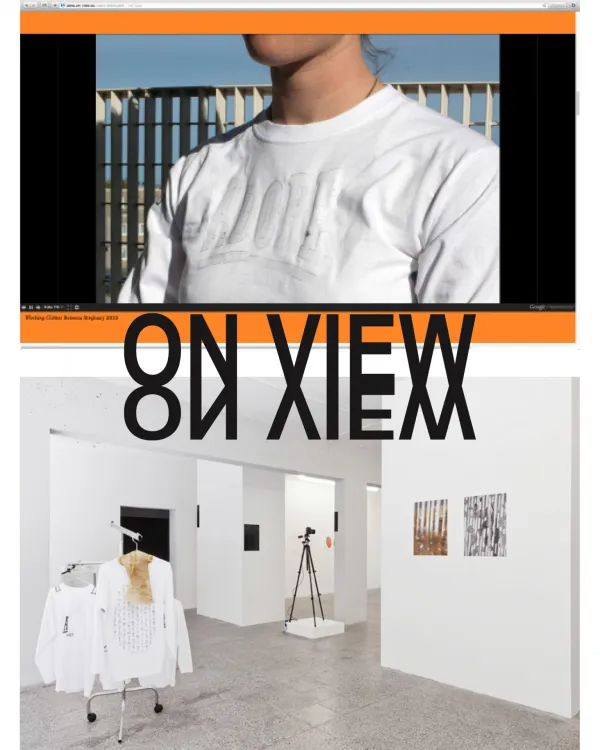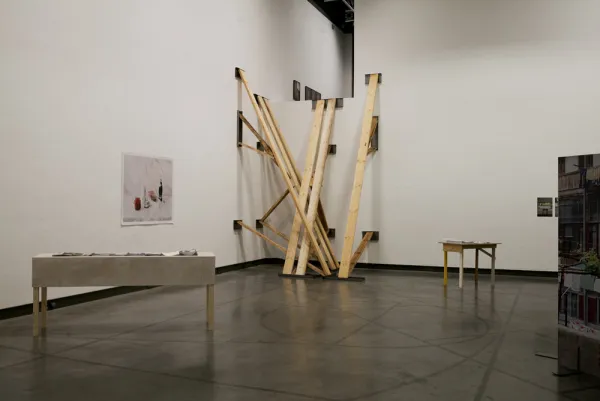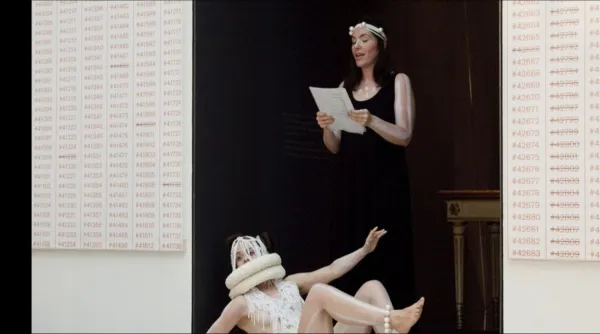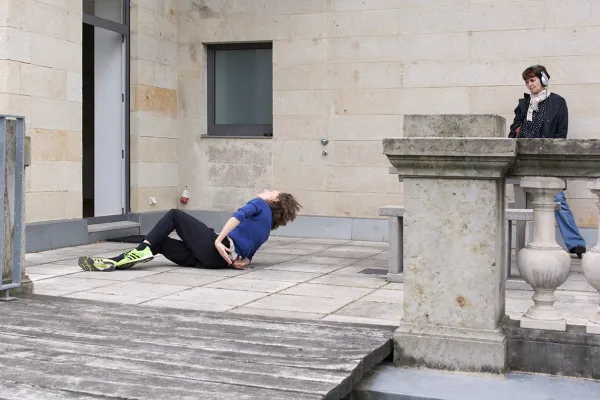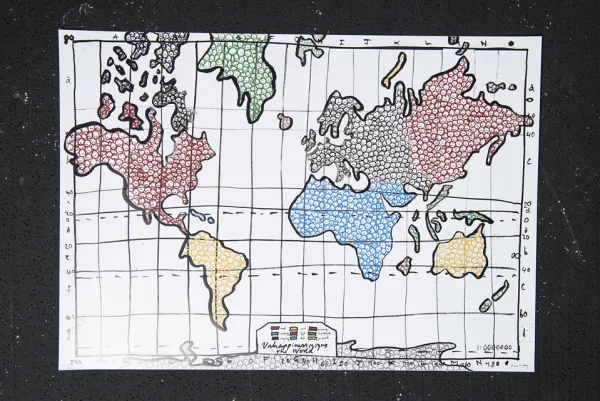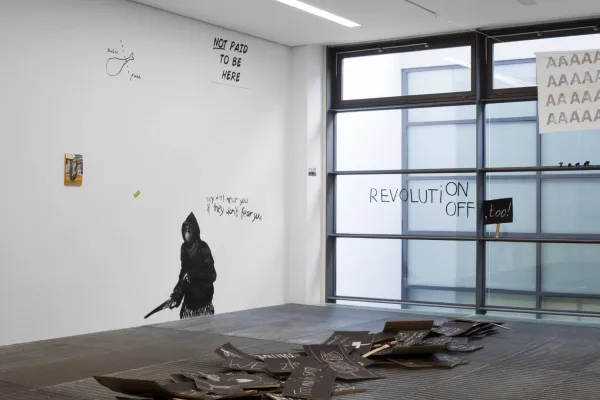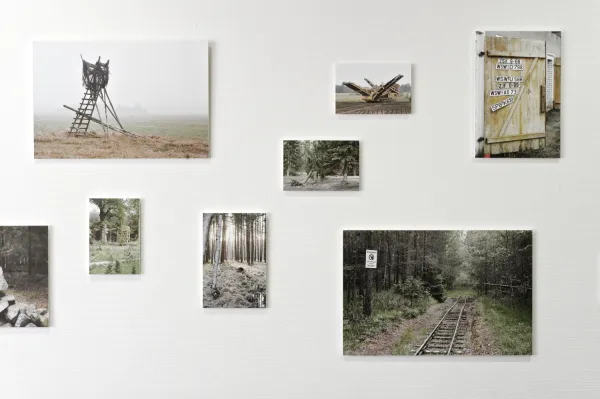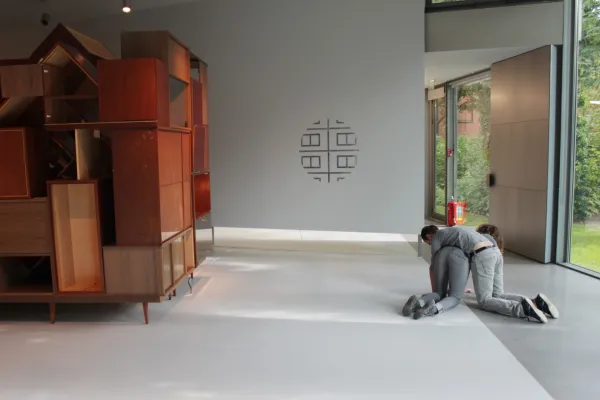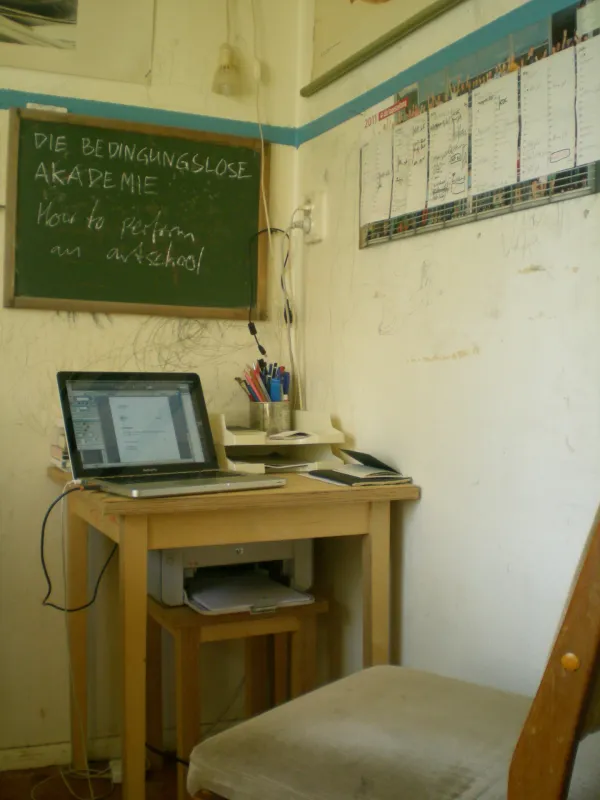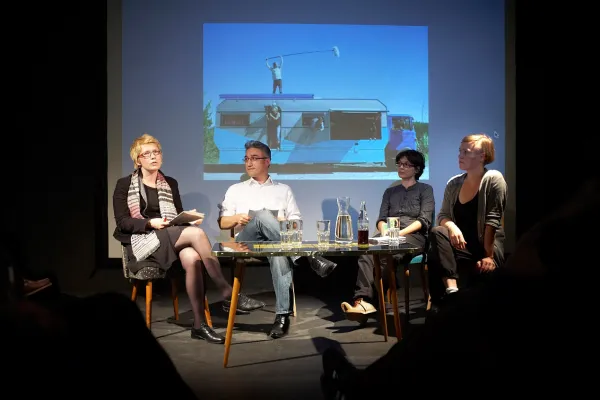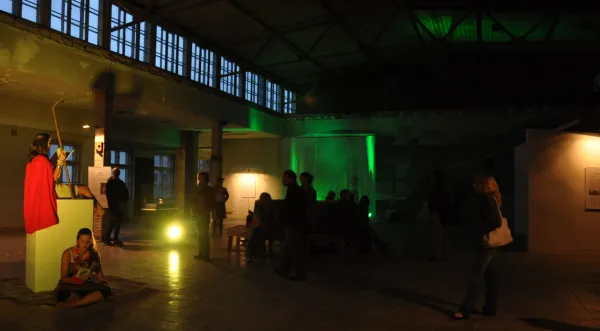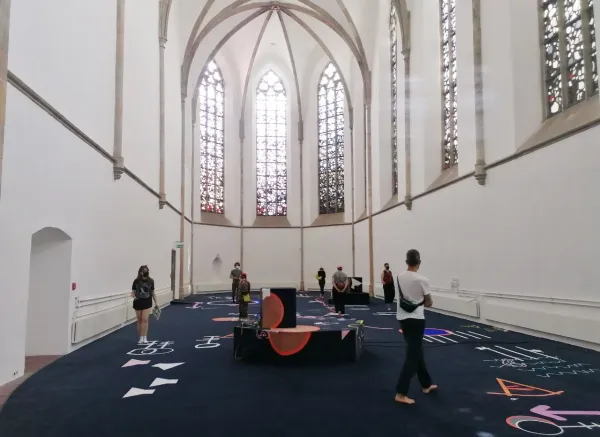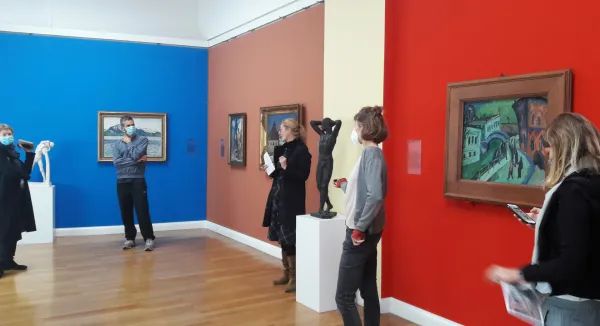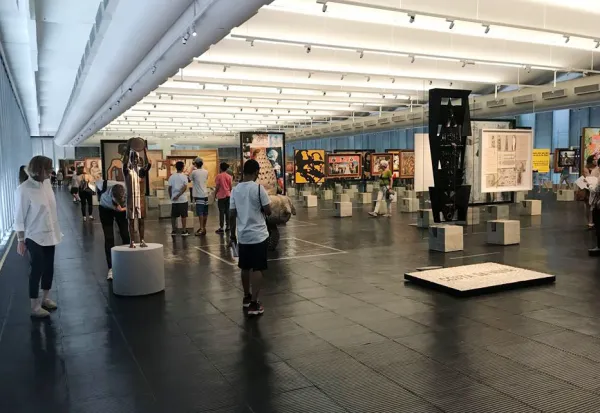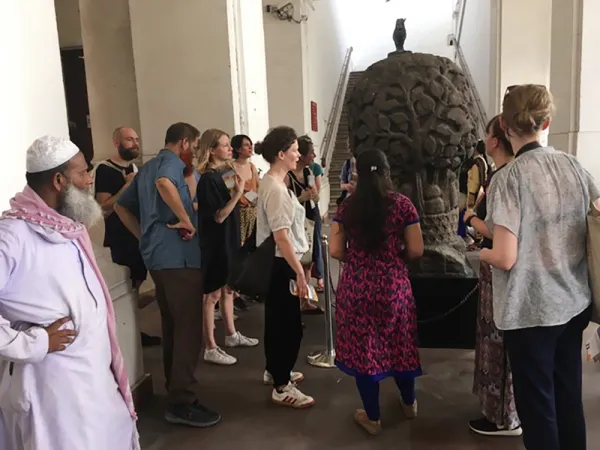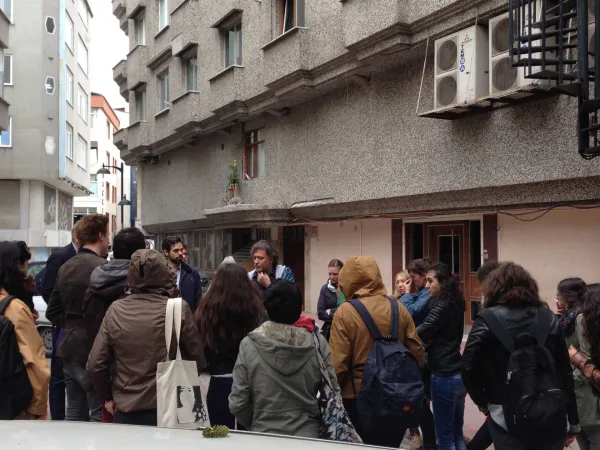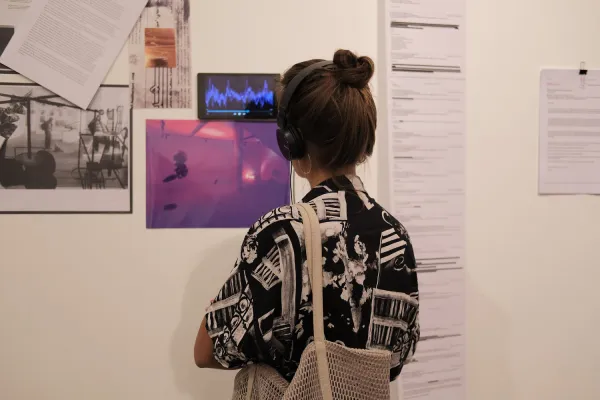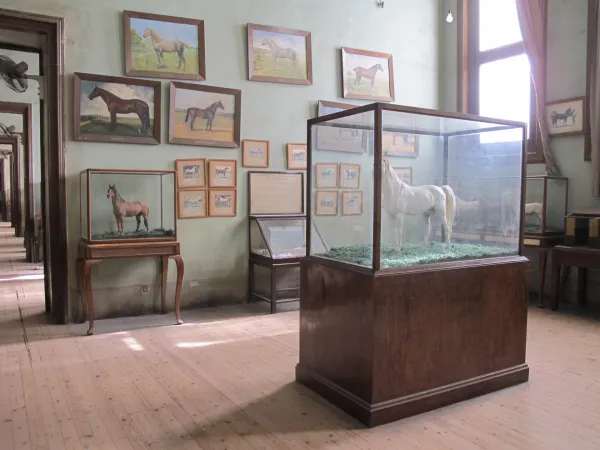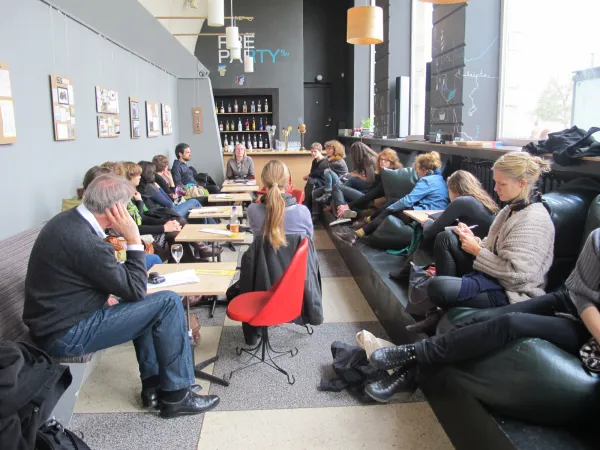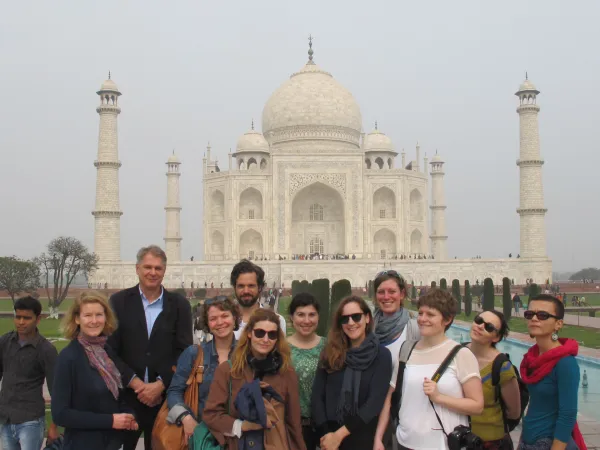The curatorial is understood as a cultural practice, which goes decisively beyond the making of exhibitions and has developed into a practice in its own right of generating, communicating and reflecting experience and knowledge. The study program Cultures of the Curatorial thus does not only deal with methods of conception, organisation and implementation of curatorial projects, but also with the theoretical tools for analysis, discussion and further development of exhibitions and other forms of cultural mediation in a transdisciplinary and transcultural context.
What is the relevance of the curatorial within the cultural field under the conditions of globalisation? How do processes, strategies and effects of the curatorial relate to those of art and science? Where could common grounds or perspectives of reciprocal exchange be located? What kind of specificities does the curatorial adopt in the different arts and which forms does it assume in different cultures? Which functions does the curatorial take on in the respective aesthetic, social or economic contexts?
Questions such as these are at the centre of the program Cultures of the Curatorial. The four semester program involves a team of staff members of the Academy of Fine Arts (HGB) and international guests from the fields of art, academic disciplines and curatorial practice. Cultures of the Curatorial is a part-time MA program.
Up to ten international guests annually contribute to the program’s offerings in the form of workshops, lectures, conversations and colloquiums. These guests include artists, especially those who work in an especially curatorial way; scholars from a broad range of disciplines relevant to the curatorial; and of course both freelance and staff curators. There are also guests from fields immediately connected to the curatorial, such as publishing and art criticism.The master program Cultures of the Curatorial works with a number of international guests from the fields of the arts, curatorial practice and different scientific fields. They are an integral part of the seminars as well as contributors to the various discursive formats - panels, talks, symposia - which address key topics in order to further develop the research on and with the curatorial.
Guests have been Jennifer Allen, Pierre Bal-Blanc, Bassam el Baroni, Tulga Beyerle, Daniel Birnbaum, Claire Bishop, Gabriele Brandstetter, Sabine Breitwieser, Sabeth Buchmann, Nanne Buurman, Binna Choi, Hans D. Christ, Carolyn Christov-Bakargiev, Barbara Clausen, Alice Creischer, Dieter Daniels, Pip Day, Clémentine Deliss, Atul Dodiya, Helmut Draxler, Iris Dressler, Antke Engel, Loretta Fahrenholz, Fehras Publishing Practices, Veza Maria Fernandez Ramos, Rike Frank, Anselm Franke, Lorenzo Fusi, Sigrid Gareis, Heike Gfrereis, Liam Gillick, Greater Form (Philipp Rödel, Lina Ruske), Wiebke Gronemeyer, Erik Hagoort, Angela Harutyunyan, Adrian Heathfield, Anna Lena von Helldorf, Nikolaus Hirsch, Hannah Hurtzig, Kino in Bewegung, Jutta Koether, Christian Kravagna, Kulturbahnhof e.V. (Yvonne Anders und Mandy Gehrt), Vera Lauf, André Lepecki, Maria Lind, Florian Malzacher, MdbK mobil (Manu Washaus), Ari Benjamin Meyers, Matthias Michalka, Maureen Mooren, Maria Muhle, Matthias Mühling, Vanessa Joan Müller, Christian Philipp Müller, Monica Narula, Susanne Neubauer, Marion von Osten, Philipp Oswalt, Sarah Pierce, Raqs Media Collective, Marcelo Rezende, Dorothee Richter, Michael Riedel, Irit Rogoff, Stefan Römer, Willem de Rooij, Hartmut Rosa, ruangrupa, Eran Schaerf, Yorgos Sapountzi, Jörn Schafaff, Kerstin Schankweiler, Peter Schneemann, Jana Scholze, Mario Schulze, Maya Schweizer, Shuddhabrata Sengupta, Avinoam Shalem, Payam Sharifi, Simon Sheikh, Andreas Siekmann, Bennett Simpson, Gayatri Sinha, Nanette Snoep, Lucy Steeds, Barbara Steiner, Gregor Stemmrich, Nora Sternfeld, Hito Steyerl, Leire Vergara, Anton Vidokle, Dan Voh, Hortensia Völckers, Hilke Wagner, Jenny Walden, Victoria Walsh, Katharina Weinstock, Eyal Weizman, Victoria-Luise Welsh, Thomas Weski, Karin Wieckhorst, Ulf Wuggenig, Jun Yang, Benjamin Zachariah, Beti Žerovc, Tirdad Zolghadr, et al.
Cultures of the Curatorial cooperates with international partners. The exchange contributes to a wide practical and theoretical footing of the teaching and research. Our partners include:
- Staatliche Kunstsammlungen Dresden/ Dresden State Art Collections
- American University Beirut, M.A. Program „Art History and Curating“
- Haus der Kulturen der Welt, Berlin
- Galerie für Zeitgenössische Kunst Leipzig / Museum of Contemporary Art Leipzig
- Goethe Institutes Rio de Janeiro
- Goethe Institutes Max Mueller Bhavan New Delhi
- Museum der Bildenden Künste Leipzig
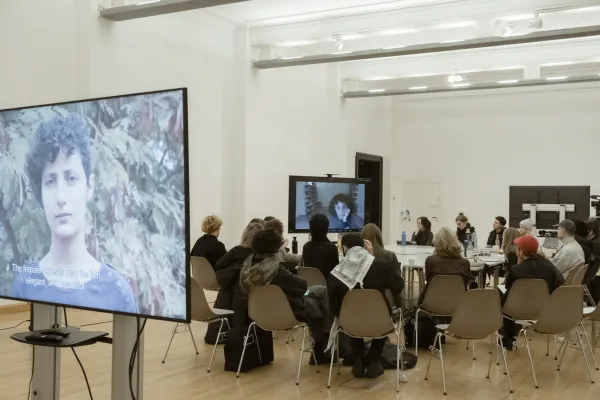
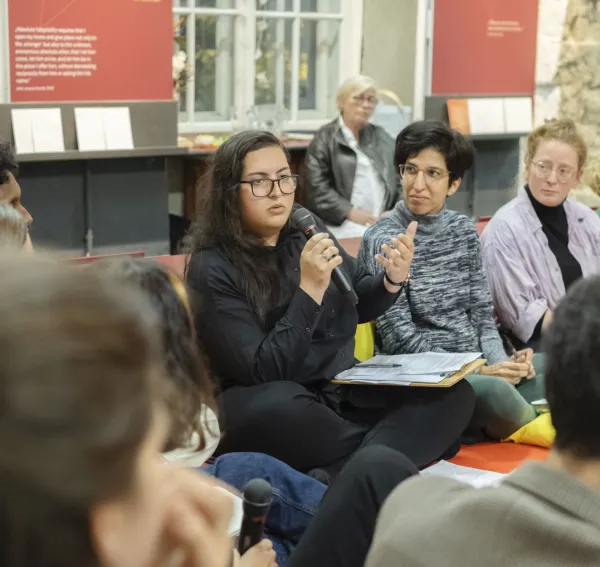
Cultures of the Curatorial is a postgraduate master´s degree program. The curriculum is divided into the following modules:
- History and theory of curating / History of exhibitions
Central to the module is the format of the exhibition from a historical perspective with its aesthetic, cultural, social, political and economic relations conditions. It deals with the history and development of the public manifestations of art and culture as well as with the different research approaches developed to deal with them. Particular importance is placed on the relation of the curatorial to artistic practice on the one hand and theoretical practice on the other. - Art history and theory of modern and contemporary art.
The module provides an overview of the essential artistic positions and art movements from 1800 to the present that are of relevance to the curatorial. It deals with historical and contemporary artistic works and positions, art discourse and theories, which are fundamental for the understanding of art and culture since modernity. Key terms are Gesamtkunstwerk, installation, context orientation, self-organisation and teamwork, the concept of artistic labor, artistic mediation and the dematerialisation of the art object. - Research practice I: Curatorial project
The focus is on key curatorial competences in practice. In small groups the aim is to complete all steps of the curatorial work from conception to implementation and at the same time to reflect on its conditions and potentials. The group project gets realized in relation to a specific institution. - History and theory of curating / Transdisciplinarity
The focus is on forms of presentation and mediation of visual art in relation to those of other artistic and academic disciplines – such as dance, theatre, film, music, literature, architecture, anthropology and natural sciences. They are contextualized within the academic discourses and methods which determine the study and research of these various disciplines. - History and theory of curating / Transculturality
The module deals with curatorial practices in different cultures. The focus is on the processes, strategies and perspectives which shape curatorial actions in a globalised cultural field. Relevant are the conditions of the mobilisation of people, objects and information, along with the aesthetic, economic, political and social implications and effects for the respective contexts. - Research practice II: Master project/Conception
The module is aimed towards the independent conception and development of a comprehensive project with reference to theoretical and practical curatorial methods as well as to relevant forms of knowledge. With a contentual conception chosen by the student, the aim is to develop one’s own curatorial techniques and methods, which will ultimately lead to the final curatorial project and the written thesis. - Research practice III: Master project
The focus is on the independent realisation of the master project, consisting of the final curatorial project and the written thesis. The task is to implement a curatorial project with a contentual concept chosen by the student and interconnected with academic-theoretical research. The module marks the completion of the study.
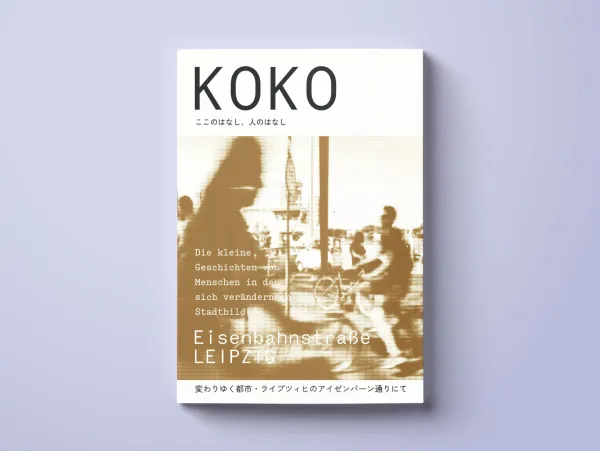
Curated by Makoto Okajima and illustrated by Asuka Okajima
Published by SEA SONS PRESS
2024
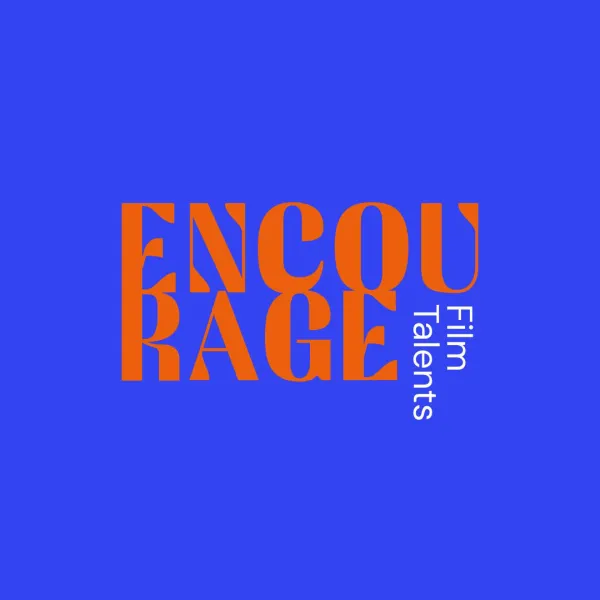
Curated and directed by Elli Leeb, Sinje Irslinger, Clemens Meyer
Film curation by Enie Goetze, Lisa Heuschober, Alexander Lang, Jana Alina Tausendfreund, Juliette Vandame
Sinema Transtopia and Festsaal Kreuzberg, Berlin
14.02. + 20.02.2024
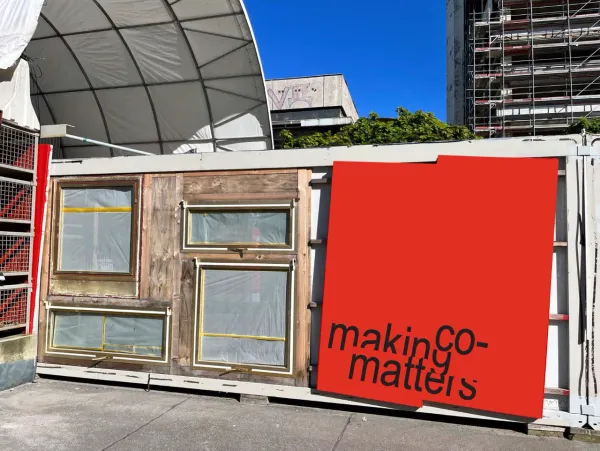
Co-Making Matters is coordinated by Viviane Tabach,
Haus der Statistik, Berlin
2024
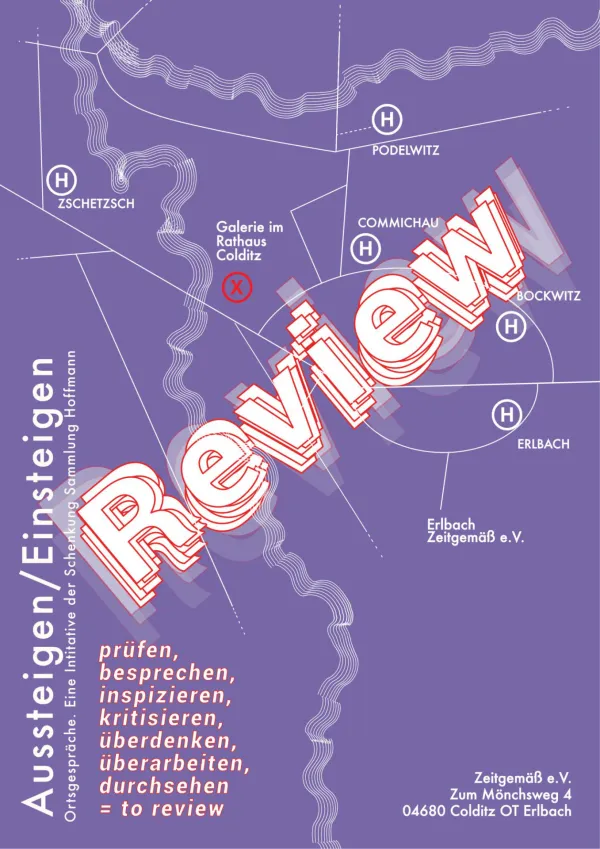
Artists: Olga Chernysheva, Nari Jo, Karl Lobo, Philipp Rödel and Sabrina Walter, Martin Schuster, Lisa Wölfel.
Curated by Julianne Csapo as part of "Ortsgespräche", an initiative of the Hoffmann Collection Donation, Dresden State Art Collections Podelwitz, Commichau, Bockwitz, Erlbach and Zschetzsch, Colditz Town Hall Gallery
19.01. - 02.02.24
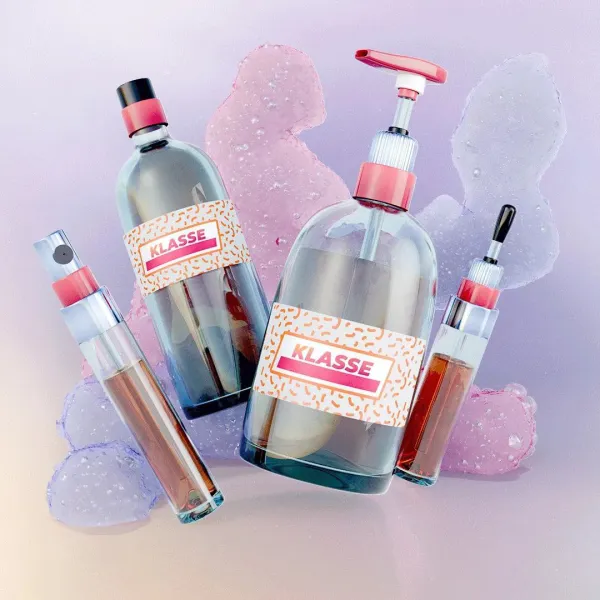
Artists: Frauke Boggasch, Yvonne Buchheim, Karolina Dreit from the Working Class Daughters work cycle, Marie Donike, Silke Nowak, Jelka Plate, Anna Schapiro, Kï Lane Schmutz and Annika Stoll.
Curated by Sandy Becker and Luise Richter
Chemnitz Open Space, Kunstsammlungen Chemnitz
06.01.2024
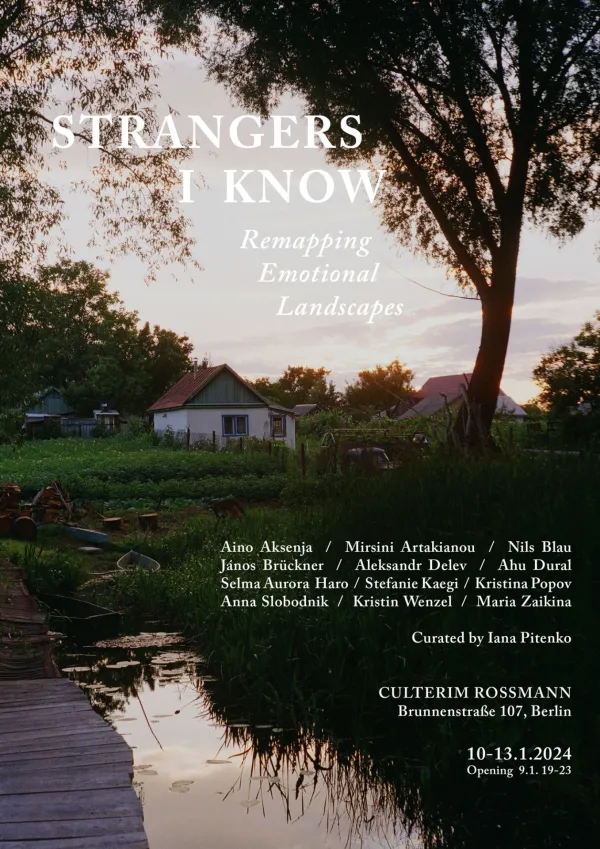
Artists: Aino Aksenja, Mirsini Artakianou, Nils Blau, János Brückner, Alexandr Delev, Ahu Dural, Selma Haro, Stefanie Kaegi, Kristina Popov, Anna Slobodnik, Kristin Wenzel, Maria Zaikina
Curated by Iana Pitenko
Culterim Rossmann, Berlin
10.01. - 26.01.2024
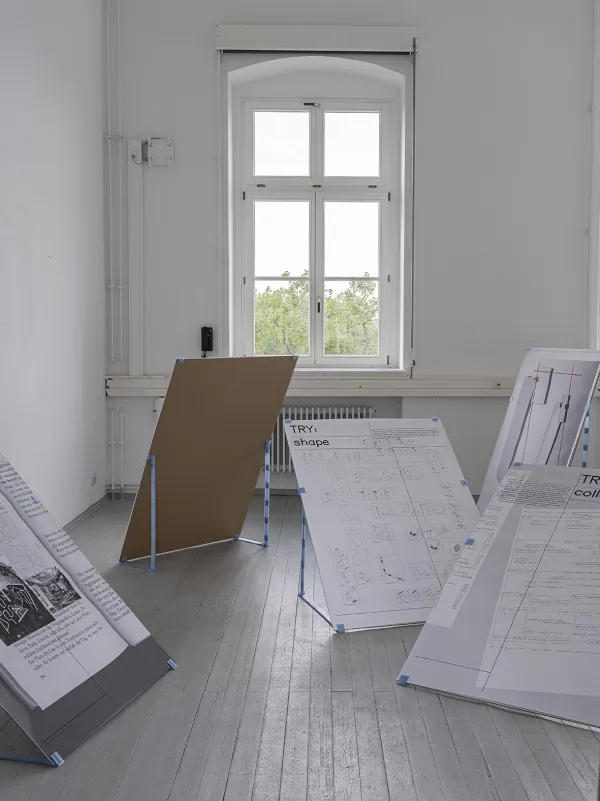
Concept by Sophia-Charlotte Reiser, Merle Petsch and Leopold Haas
Academy of Fine Arts, Leipzig
29. Juni 2023
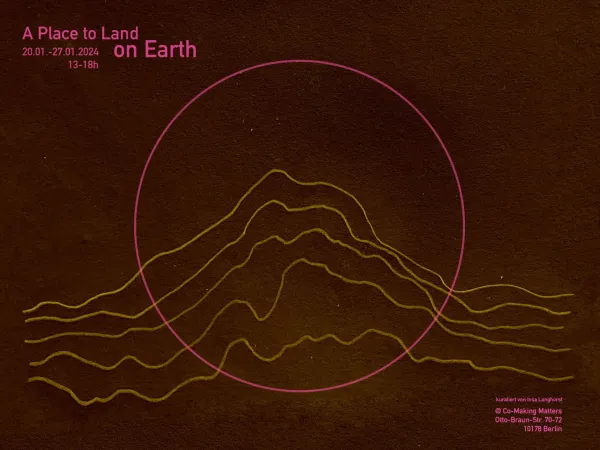
Curated by Insa Langhorst in collaboration with Co-Making Matters.
Haus der Statistik, Berlin
20.01. - 27.01.2024
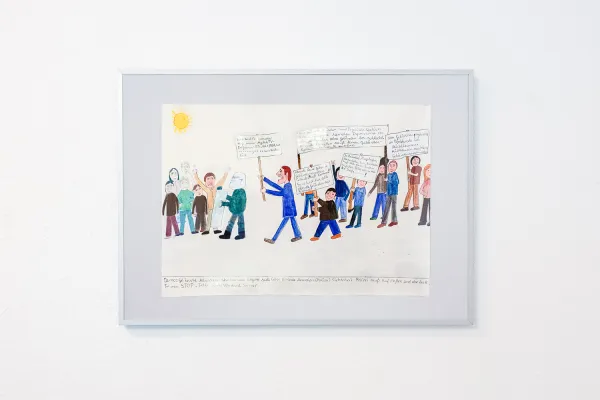
As part of the exhibition, artists with and without psychiatric experience show their works in the gallery of the Durchblick association Leipzig.
artists: Johanna Blank, Sophie Hoyle, Michael Pleißner, Anne-Katrin Störmer, Abuzze von Schandel, Cat Woywodconcept,
curation & texts: Lisa Dreykluft
editing: Helen Stefanie Schneider
poster design: Robin Vehrs
photo documentation: Maximilian Koppernock
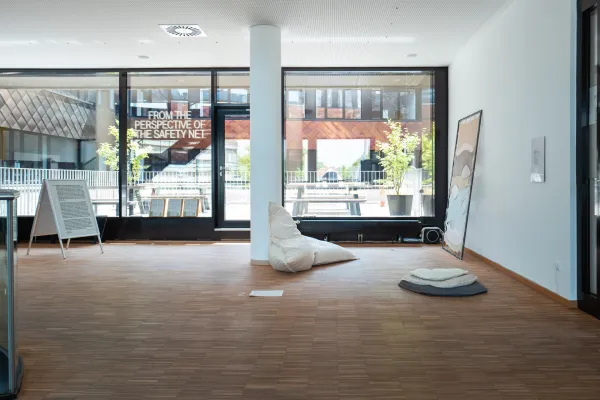
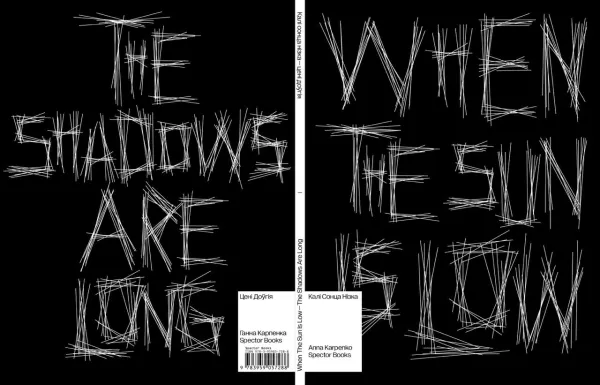
A project by Anna Karpenko; graphics: Malin Gwinner
Lecture at the Galerie für Zeitgenössische Kunst Leipzig, published by Spector Books
2023
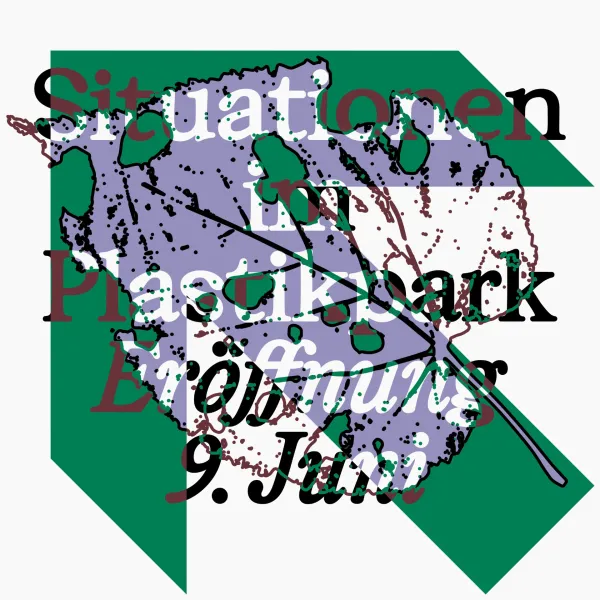
Artists: Anja Kaiser, Adam Nathaniel Furman, Anne Hofmann, Bambi van Balen, DJ Residue, Evgenij Gottfried, Ines Schaber, Julia Kiehlmann, Mandy Unger, Marc Herbst, Mareike Hornof, Nailé Sosa Aragón, Tobi Fabek
Curated by KV - Verein für Zeitgenössische Kunst Leipzig e.V. Tuan Do Duc,
Rebekka Bauer, Tuan Do Duc, Christian Doeller, Diana Felber, Katharina Köhler, Kilian Schellbach, Tobias Tietze, Nora Wehofsits, Margarita Wenzel, Juliane Wenzl.
Supported by: Kulturamt der Stadt Leipzig, Kulturförderung des Freistaates Sachsen, Stiftung Kunstfonds/NEUSTART KULTUR/ Die Beauftragte der Bundesregierung für Kultur und Medien; sponsored by: Holzzentrum Wöhlk Leipzig GmbH & Co.KG, Die Behrens-Gruppe
Plastikpark, KV - Verein für Zeitgenössische Kunst Leipzig e.V.
09.06. - 15.07.2023
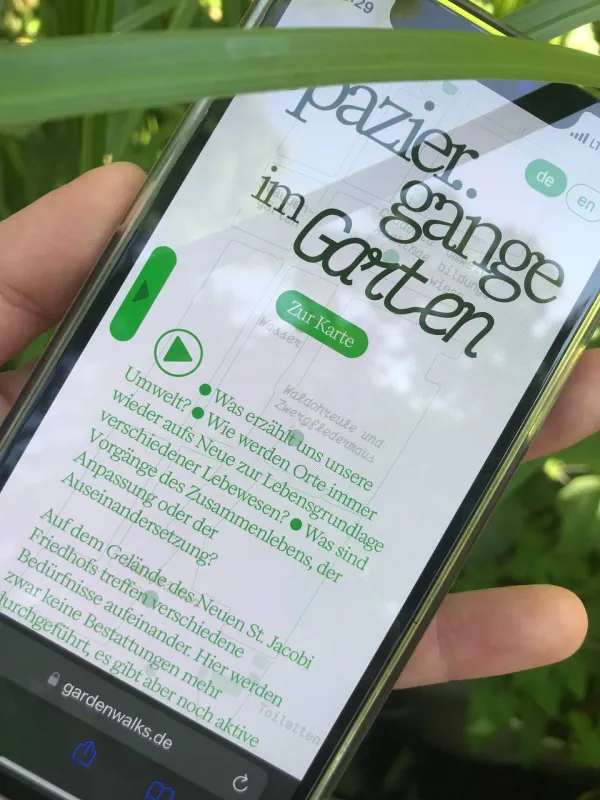
Artists: Viviane Tabach, Katharine Tyndall, Theresa Zwerschke.
Curated by Laura Stieg and Elisa Maria Schmitt; Graphics: Lina von Jaruntowski
Website: Lukas Siemoneit
The project was funded by Kulturamt Neukölln.
Prinzessinnengärten Neukölln, Berlin
2023
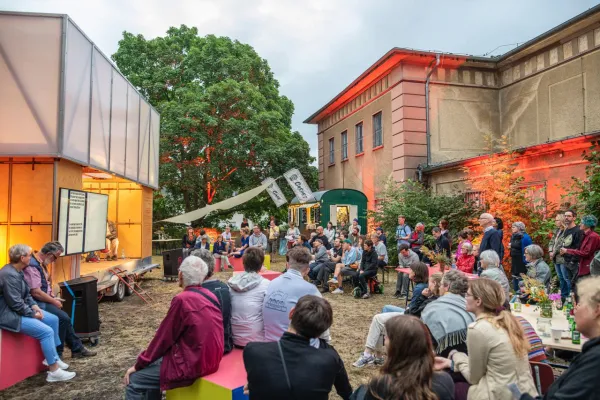
fiber production, art, music, film, workshops and discussions were used to
discussions about the changes in the town and the stories that can be told here.
Artists: Jan Caspers, Paula Erstmann, Lucila Guichon, Anke Heelemann, Maryna Makarenko, Moritz Nitsche, Kristiane Petersmann, Ron Rosenberg, Tobias Zielony and many more.
Curated by Martin Naundorf and Anne Diestelkamp as the opening event of the OSTEN 2024 festival.
A collaboration with Akademie der Künste Berlin, Kunsthochschule Weißensee Berlin, Hochschule für Bildende Künste Dresden, Industrie- und Filmmuseum Wolfen, Frauenzentrum Wolfen. Funded by: Land Sachsen-Anhalt, Bundeszentrale für politischen Bildung. Supported by the city of Bitterfeld-Wolfen, Landkreis Anhalt-Bitterfeld.
Wolfen Cinema, Bitterfeld-Wolfen
30.06. - 02.07.2023
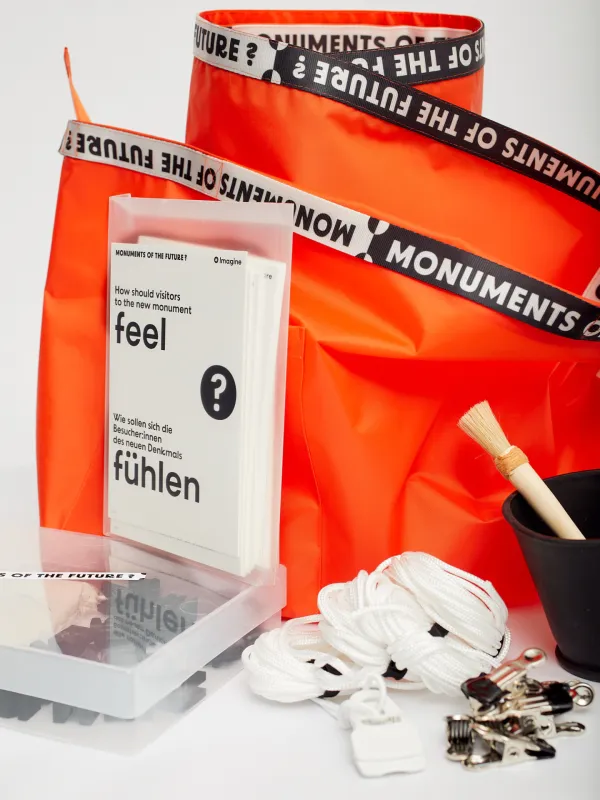
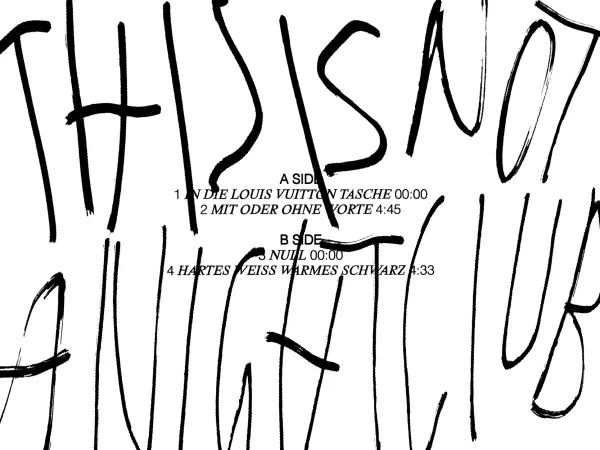
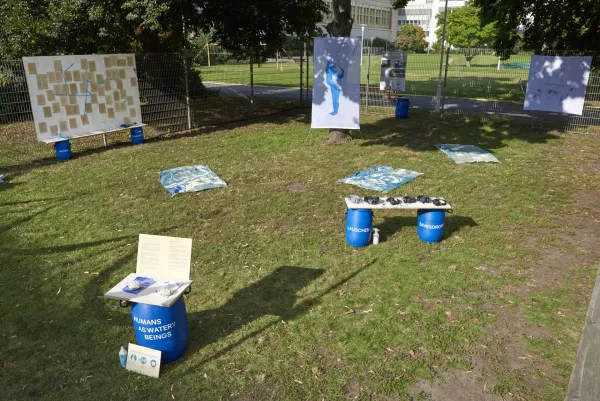
An artistic-scientific (re)connection with our watery bodies and our watery environment in times of the Anthropocene.
Flussbad-Garten at Spreekanal, August 2021. Curated by Anne-Christine Liske / Works by Paloma Ayala, Silvia Costa, Shannon Cooney, Anne-Laure Franchette, Jakob Kukula, Mélia Roger, Riikka Tauriainen.
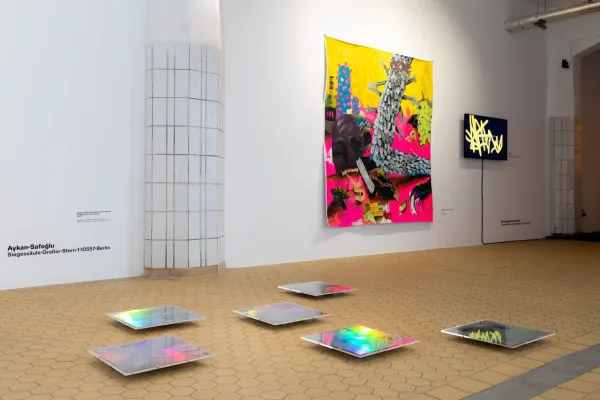
The artists: Edgar Calel, Alice Creischer, Jota Mombaça, Aykan Safoğlu, Mukenge/Schellhammer.
Curated by Dereck Marouço Sant'Anna da Silva
The project is funded by Stiftung Kunstfonds, NEUSTARTplus Plattformen der bildenden Kunst and is part of the Project Space Festival Berlin 2023.
Kunstverein Soft Power, Berlin
11.06. - 25.06.2023

